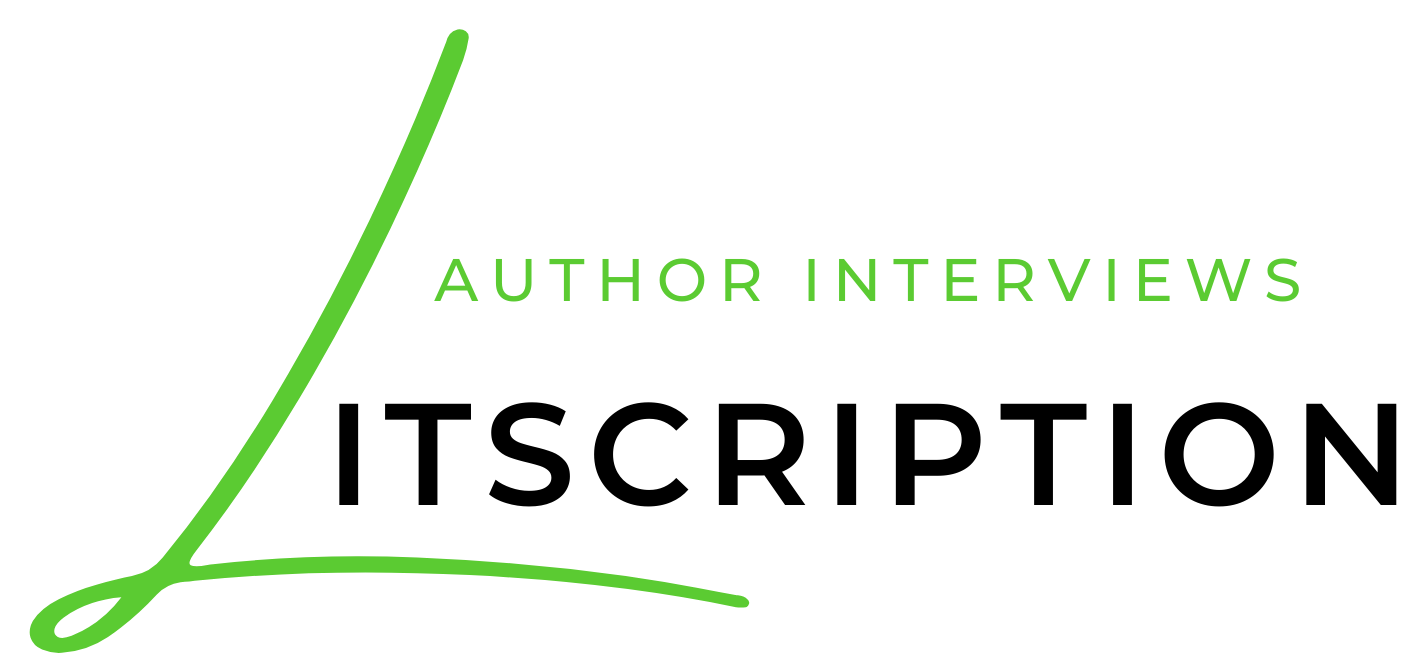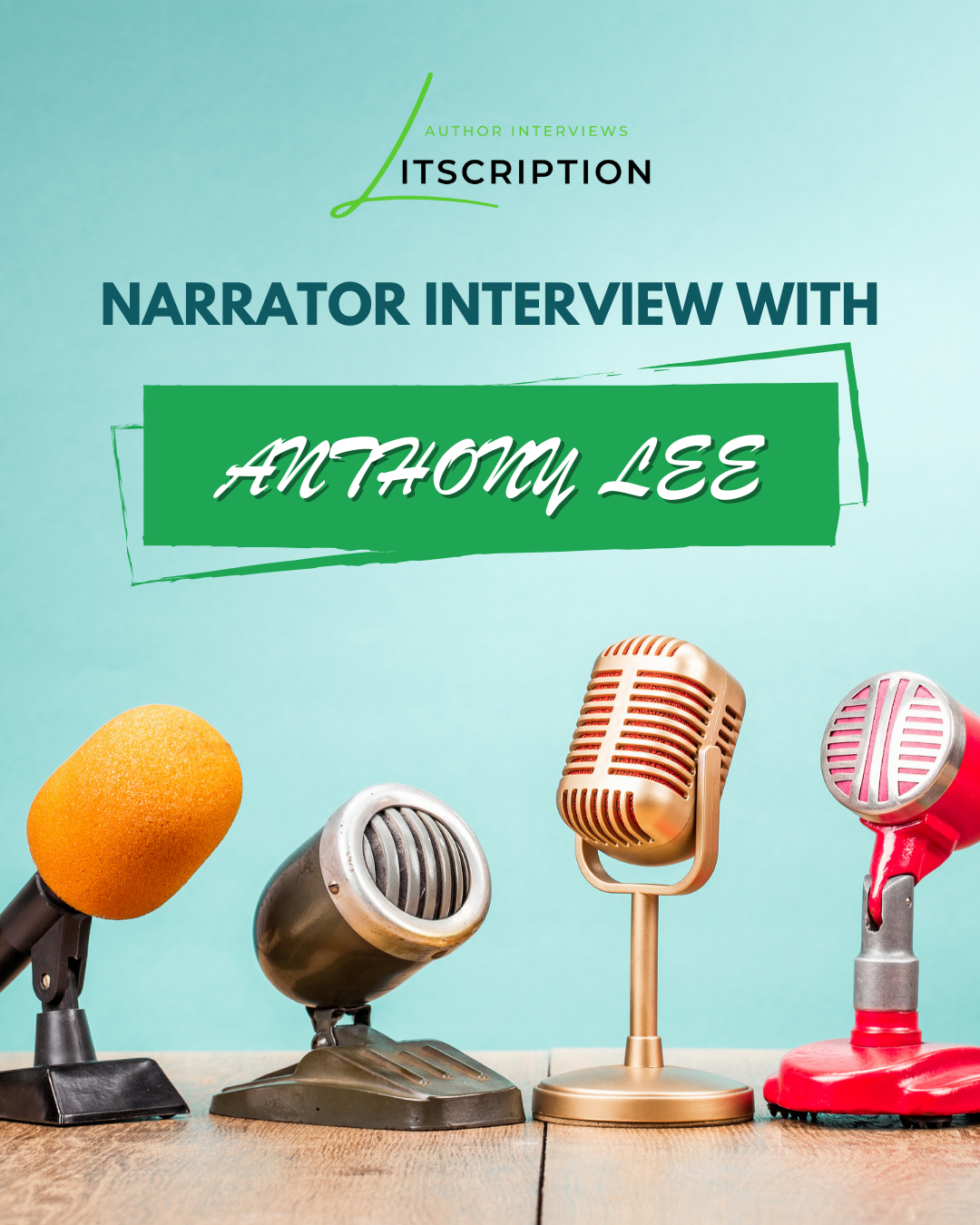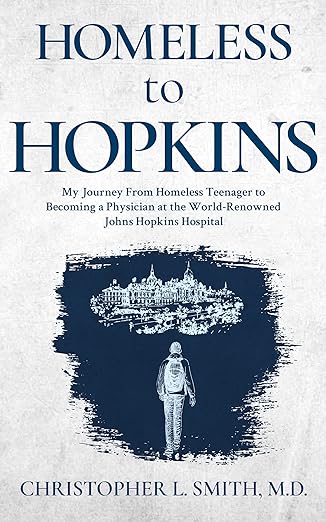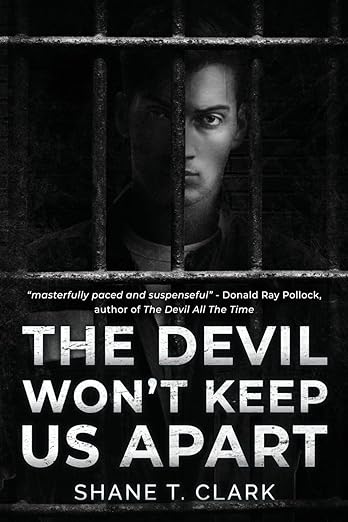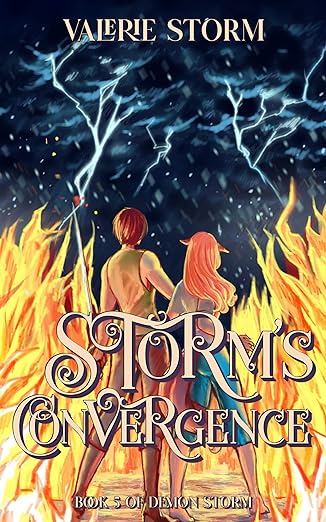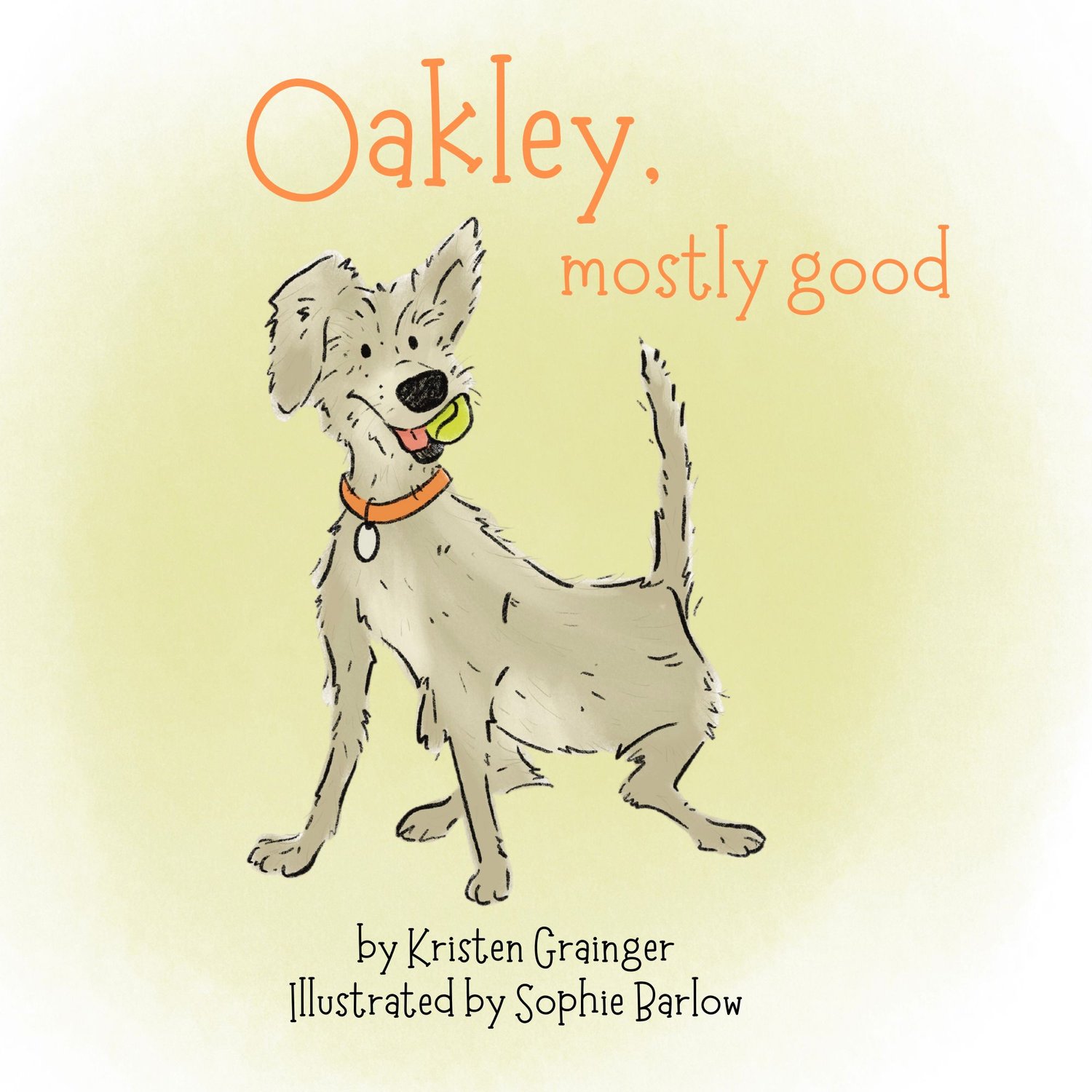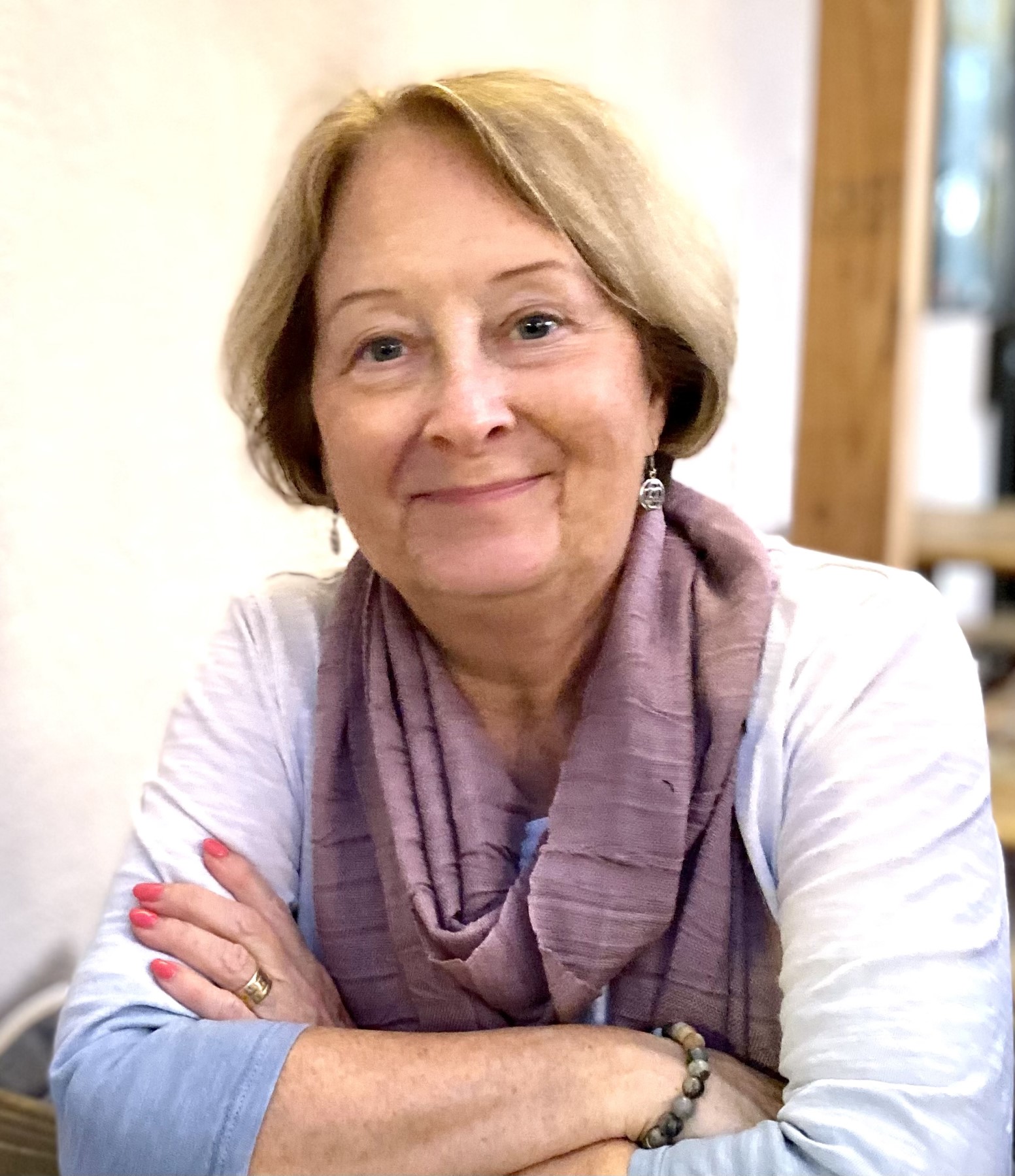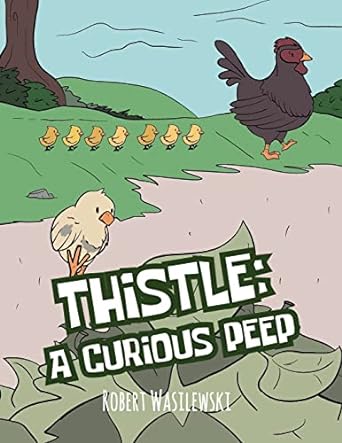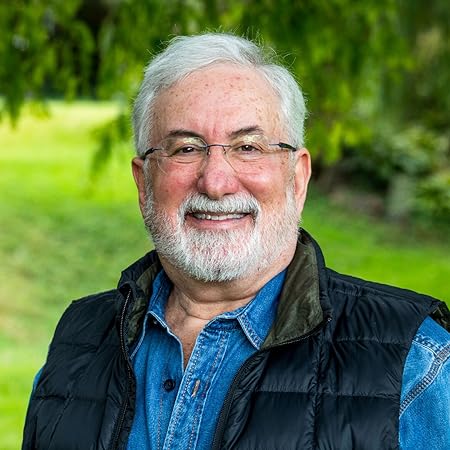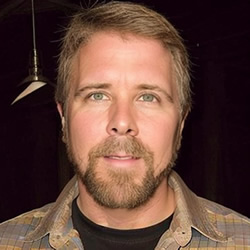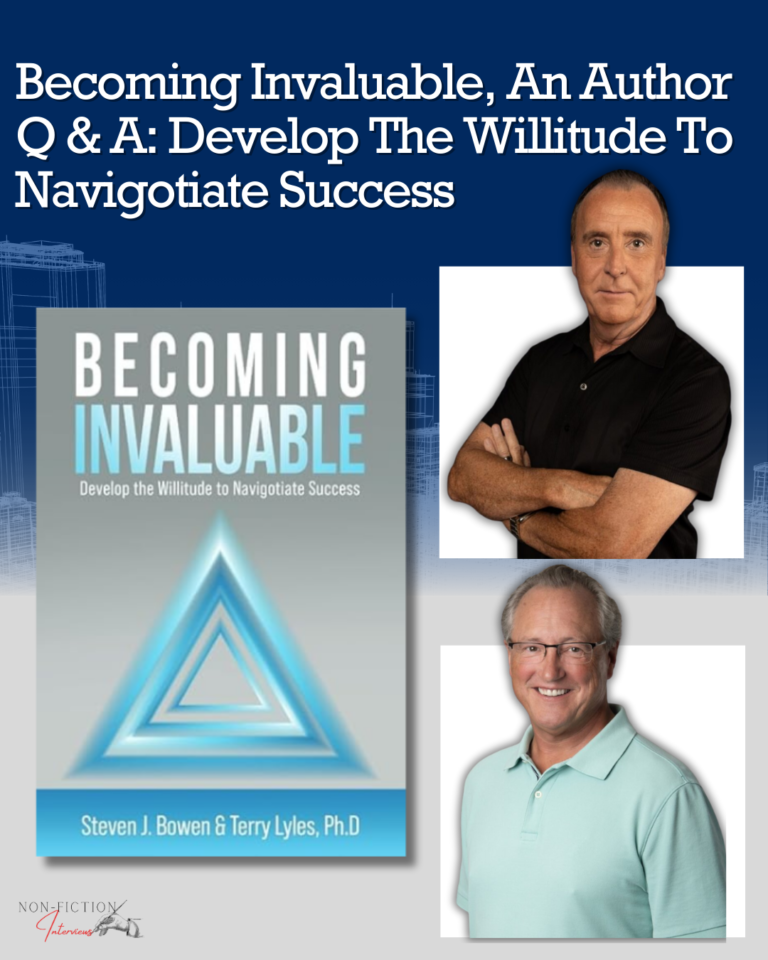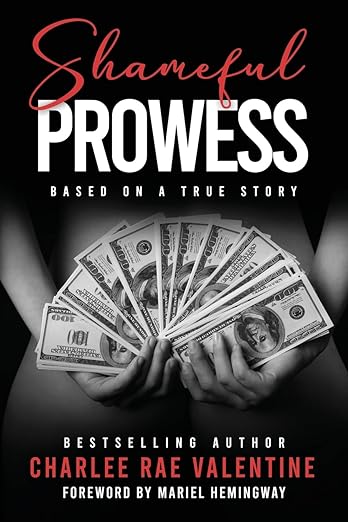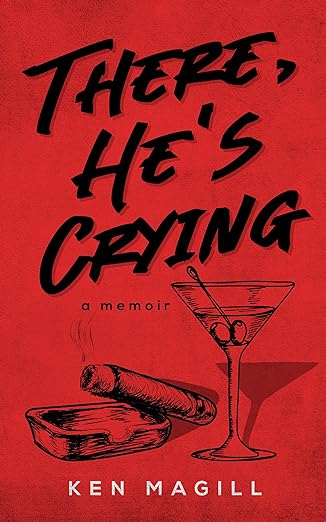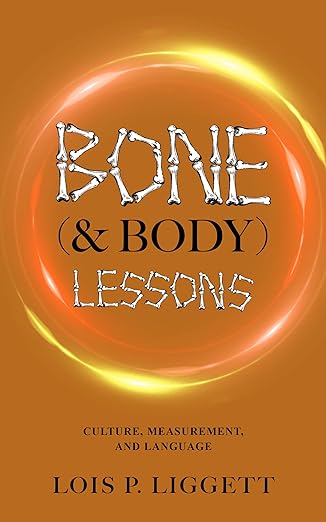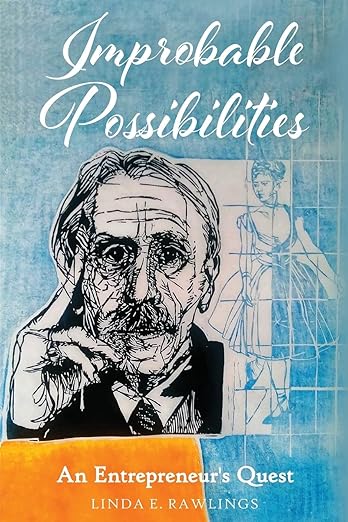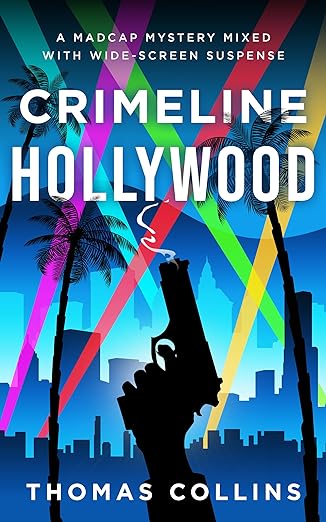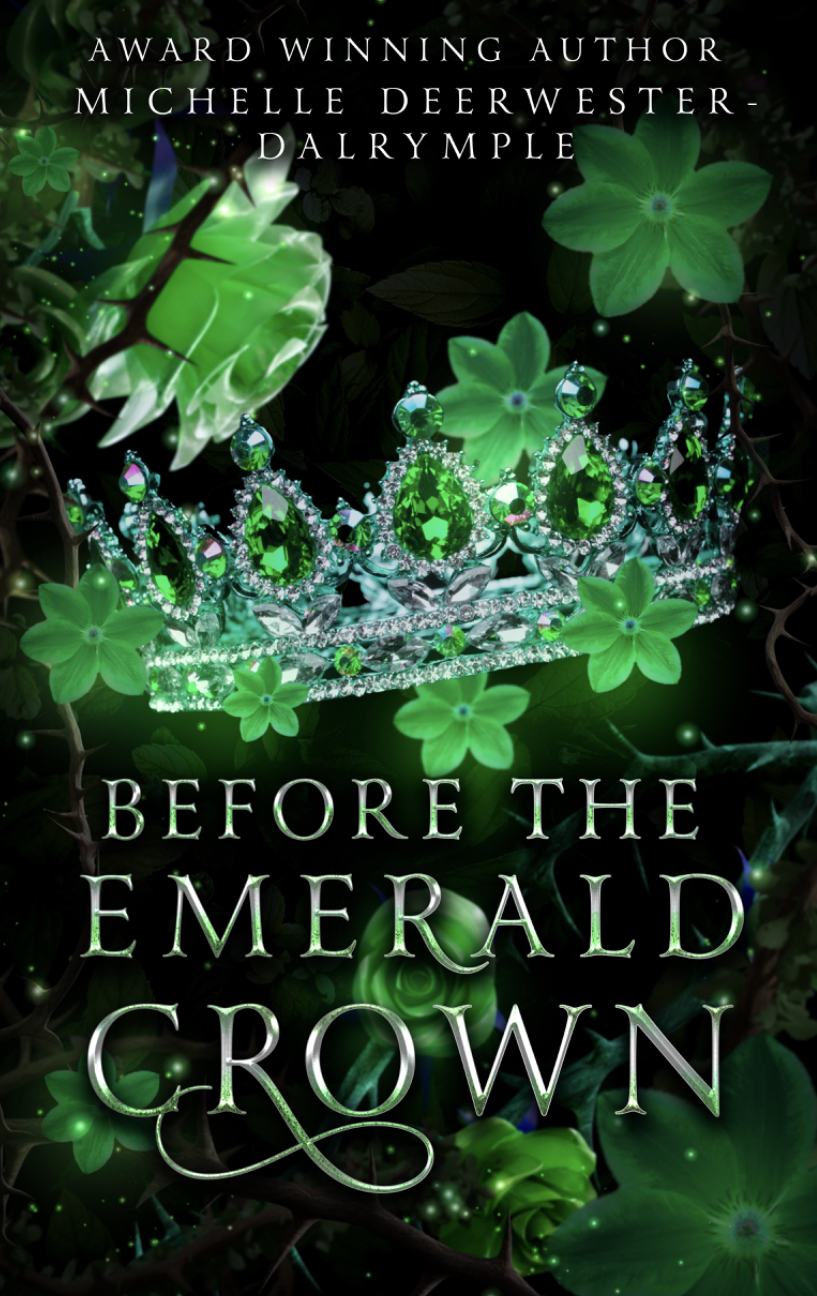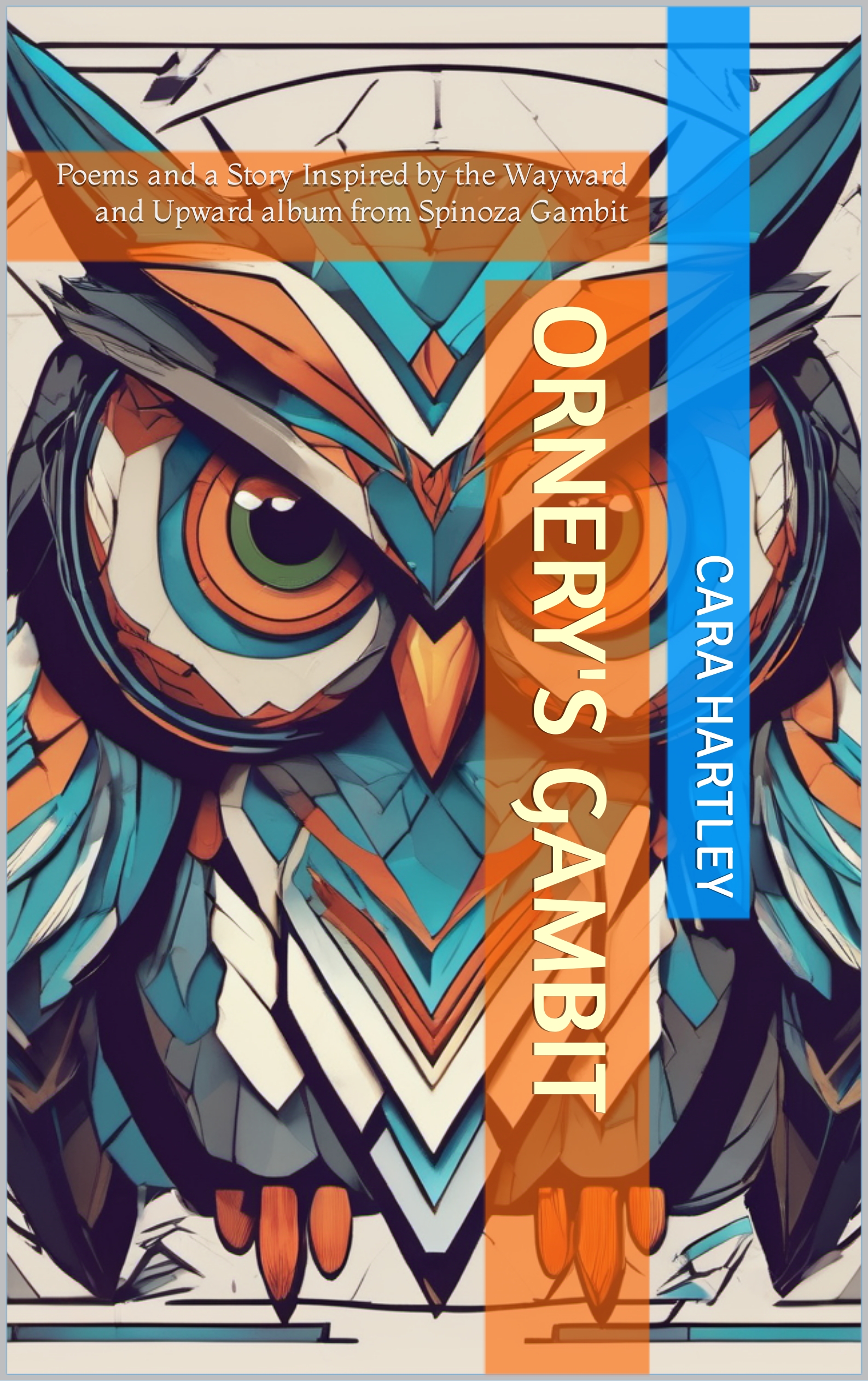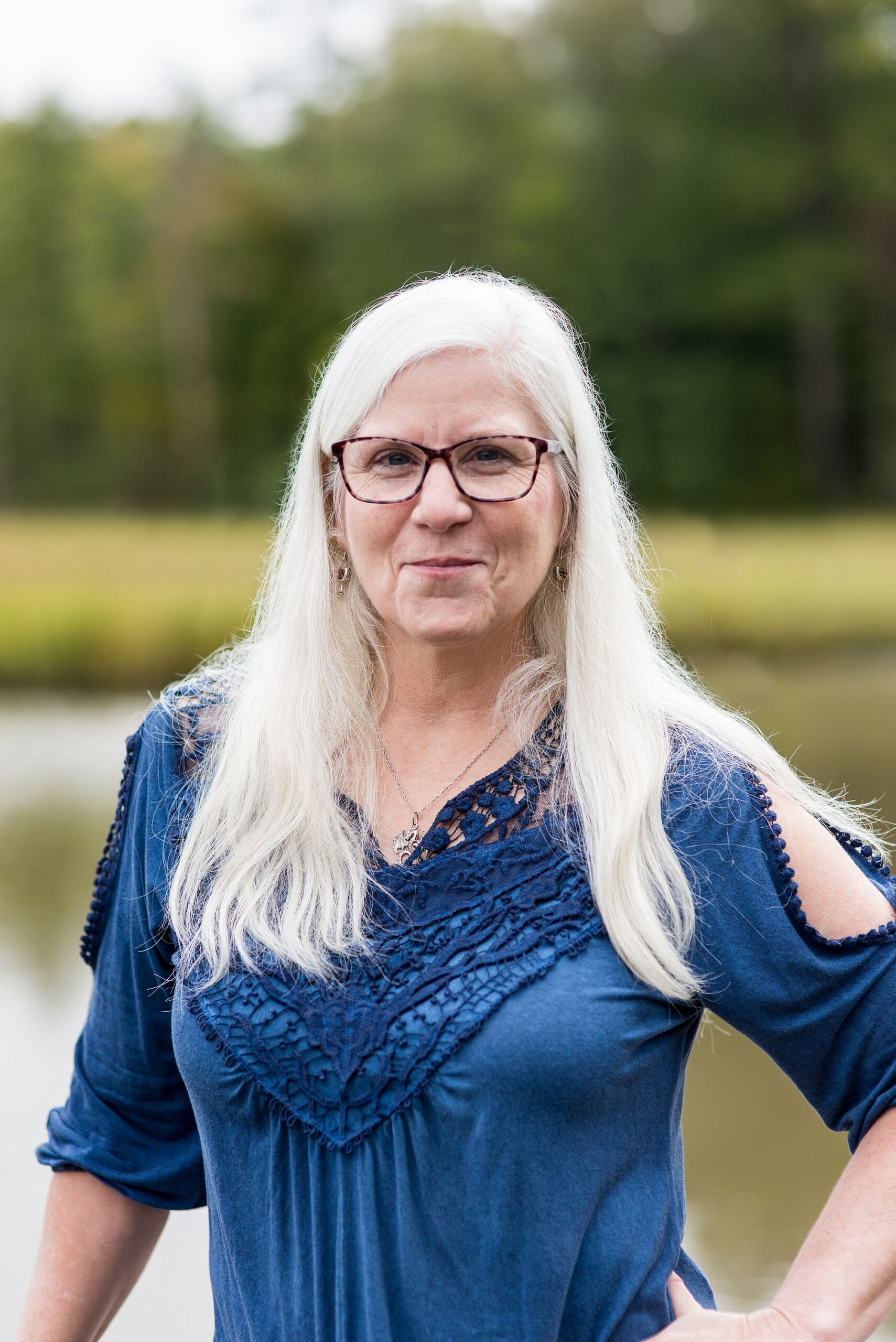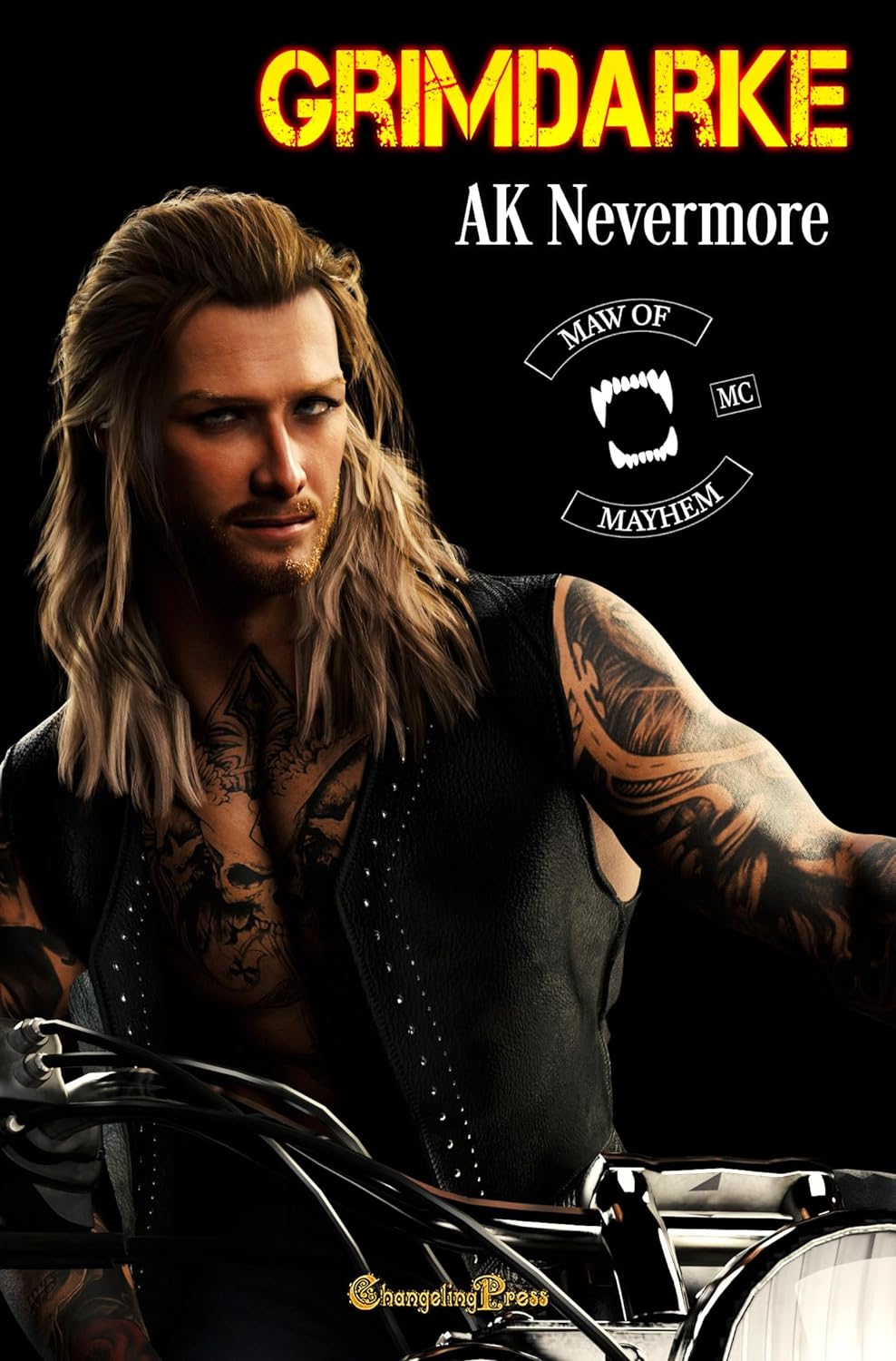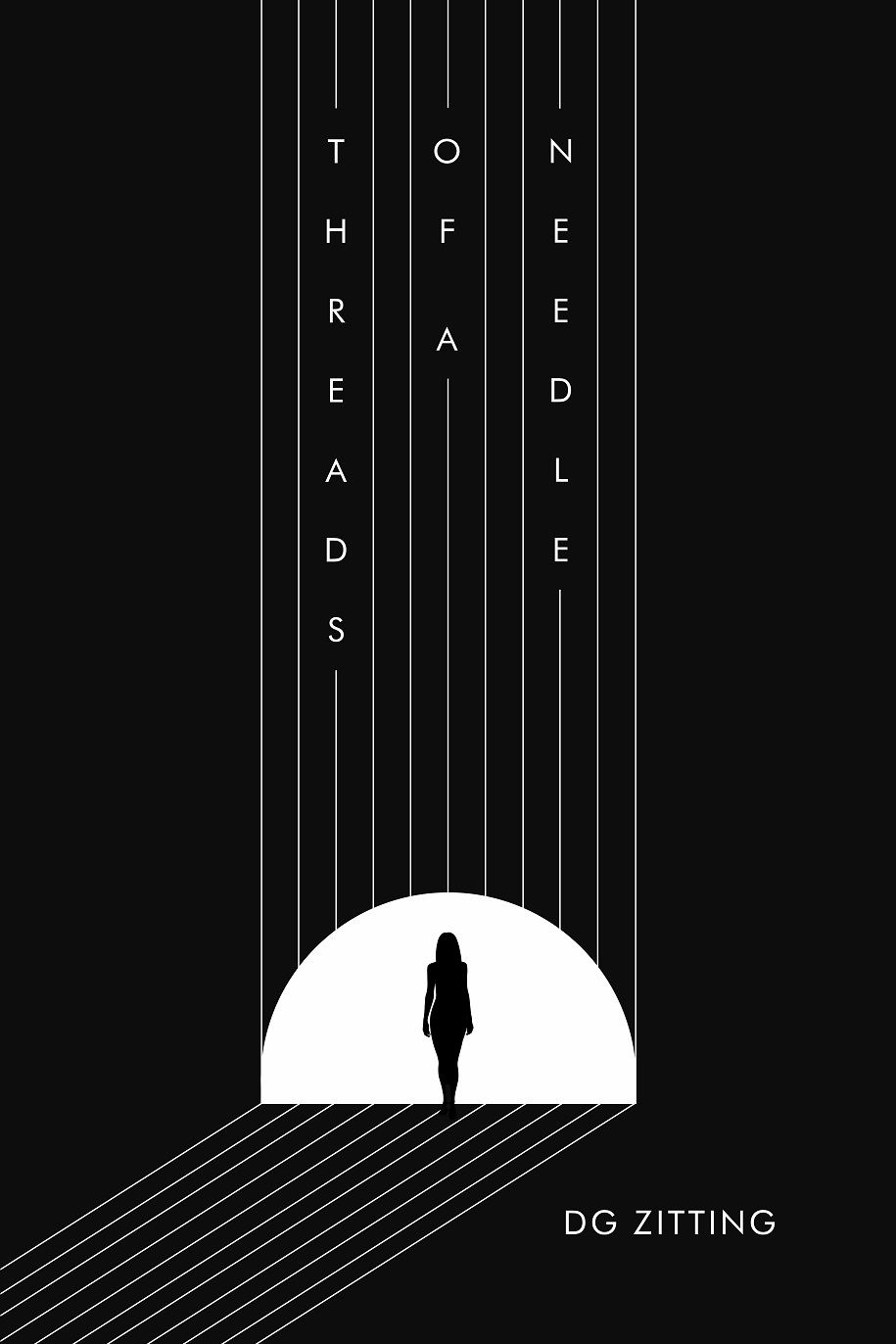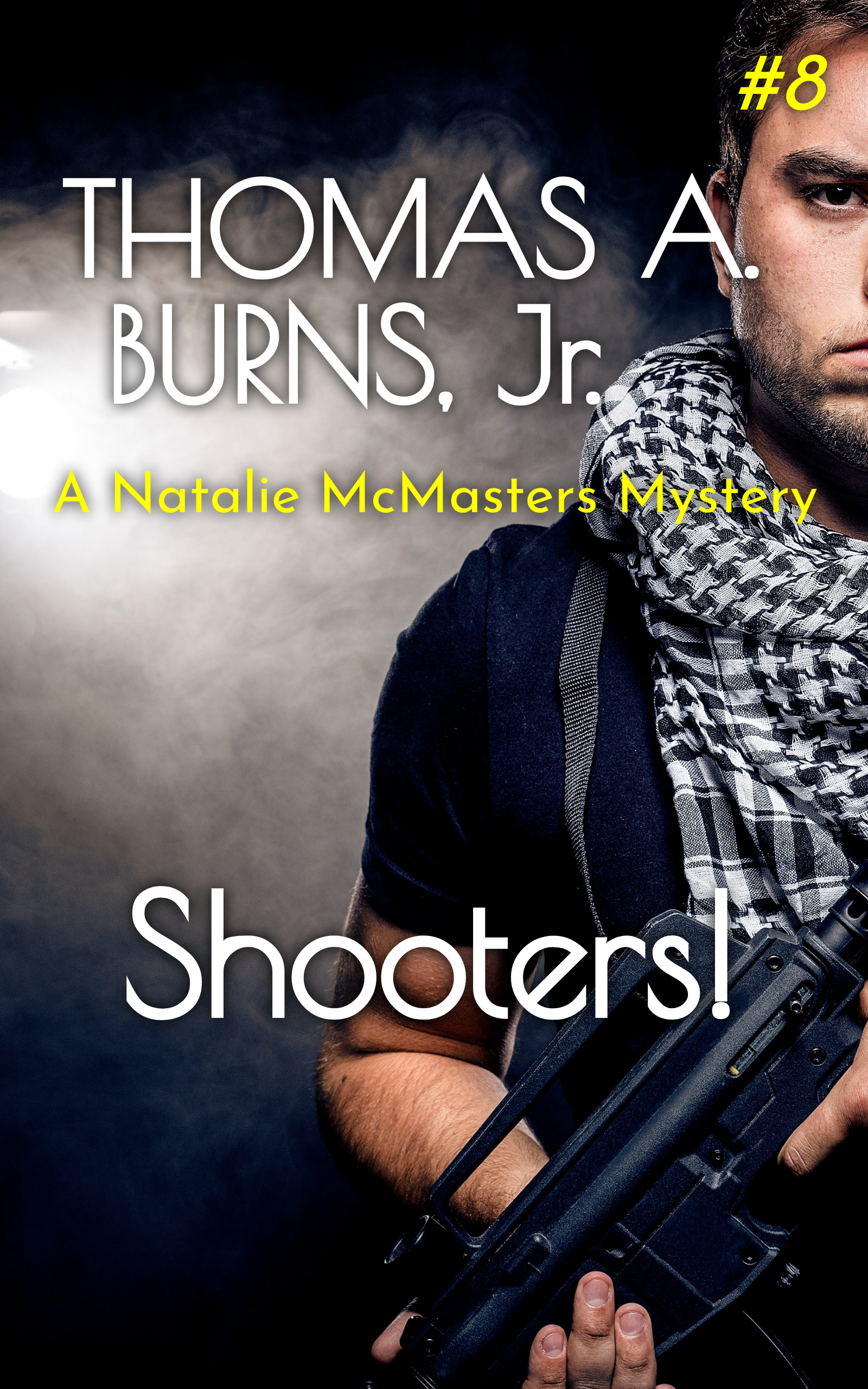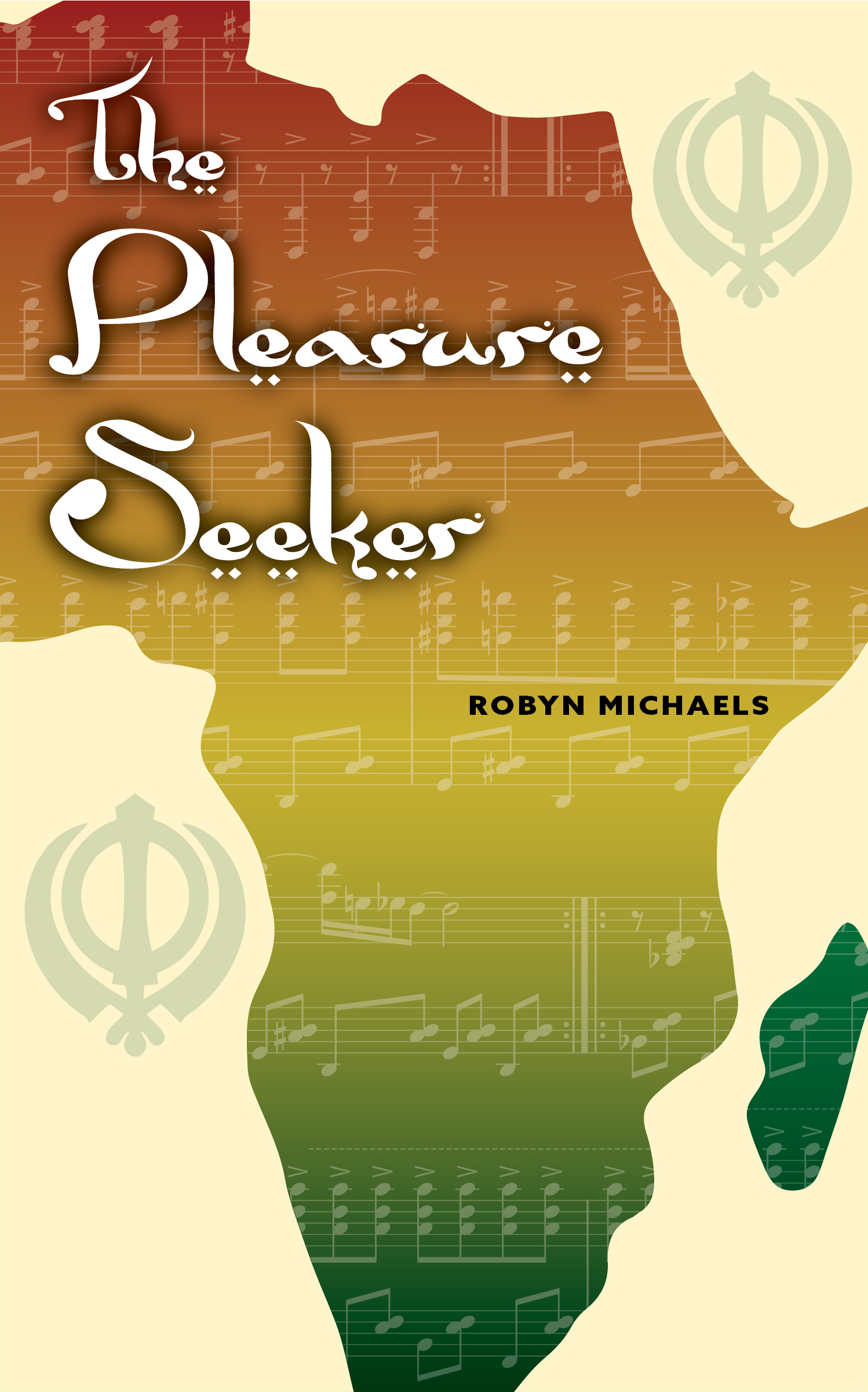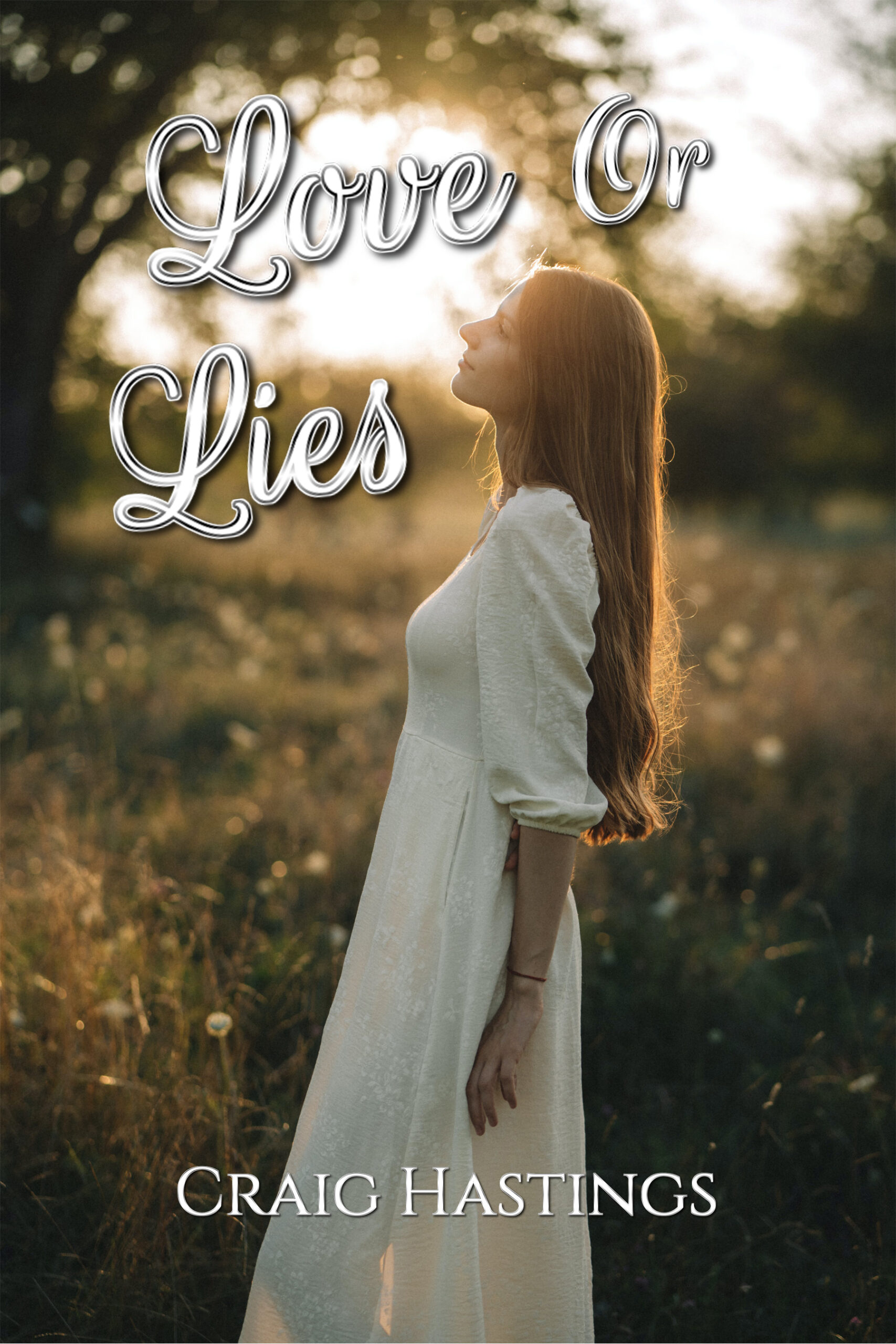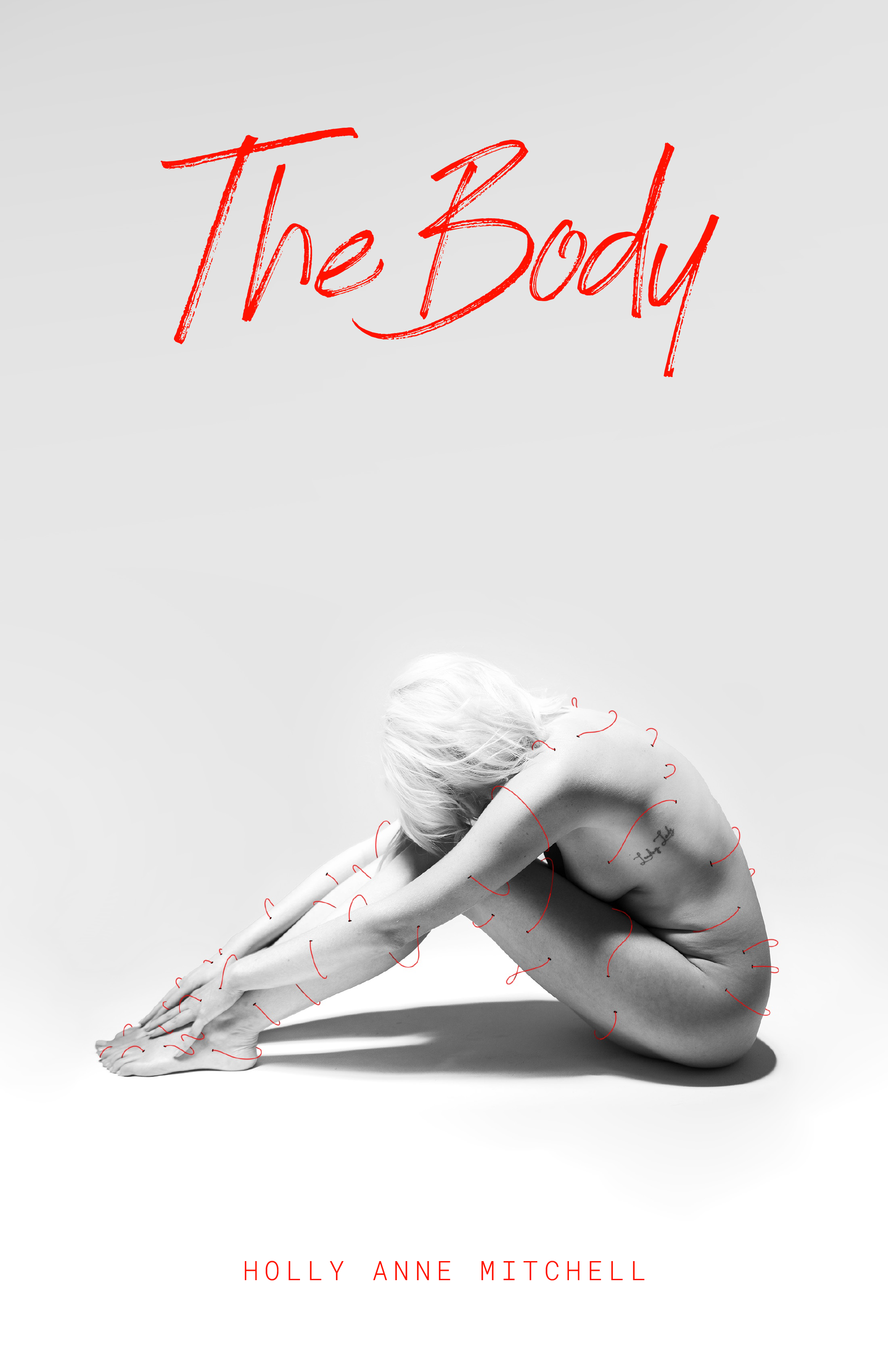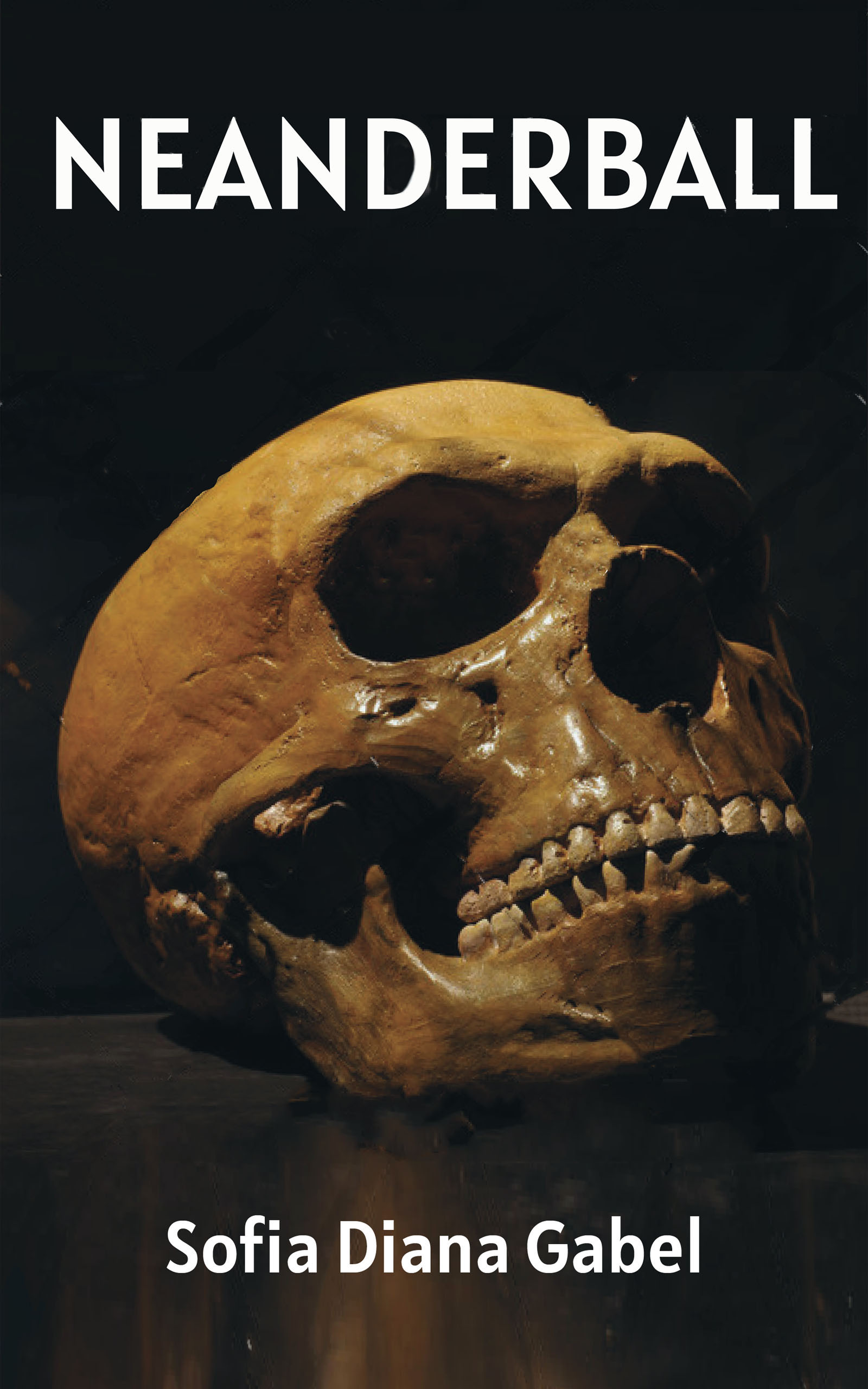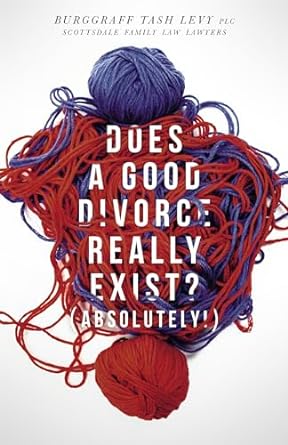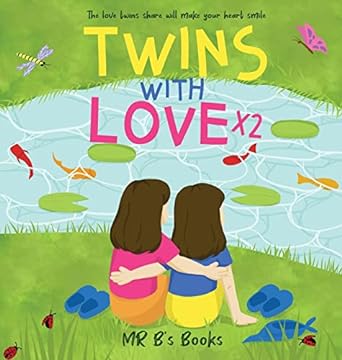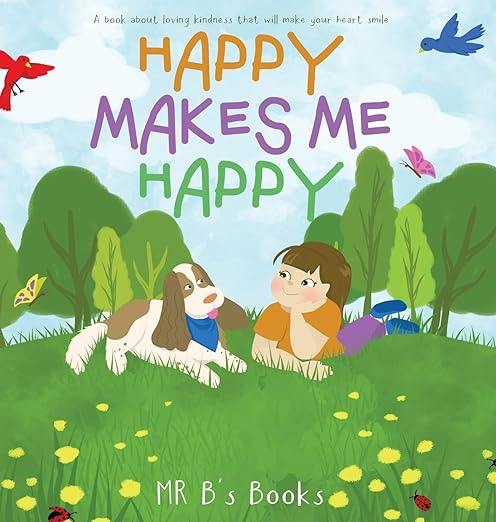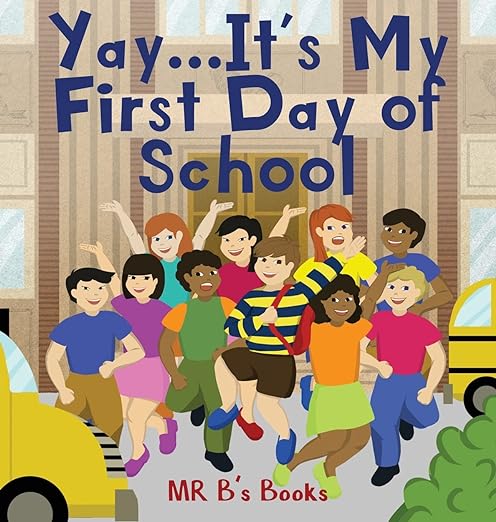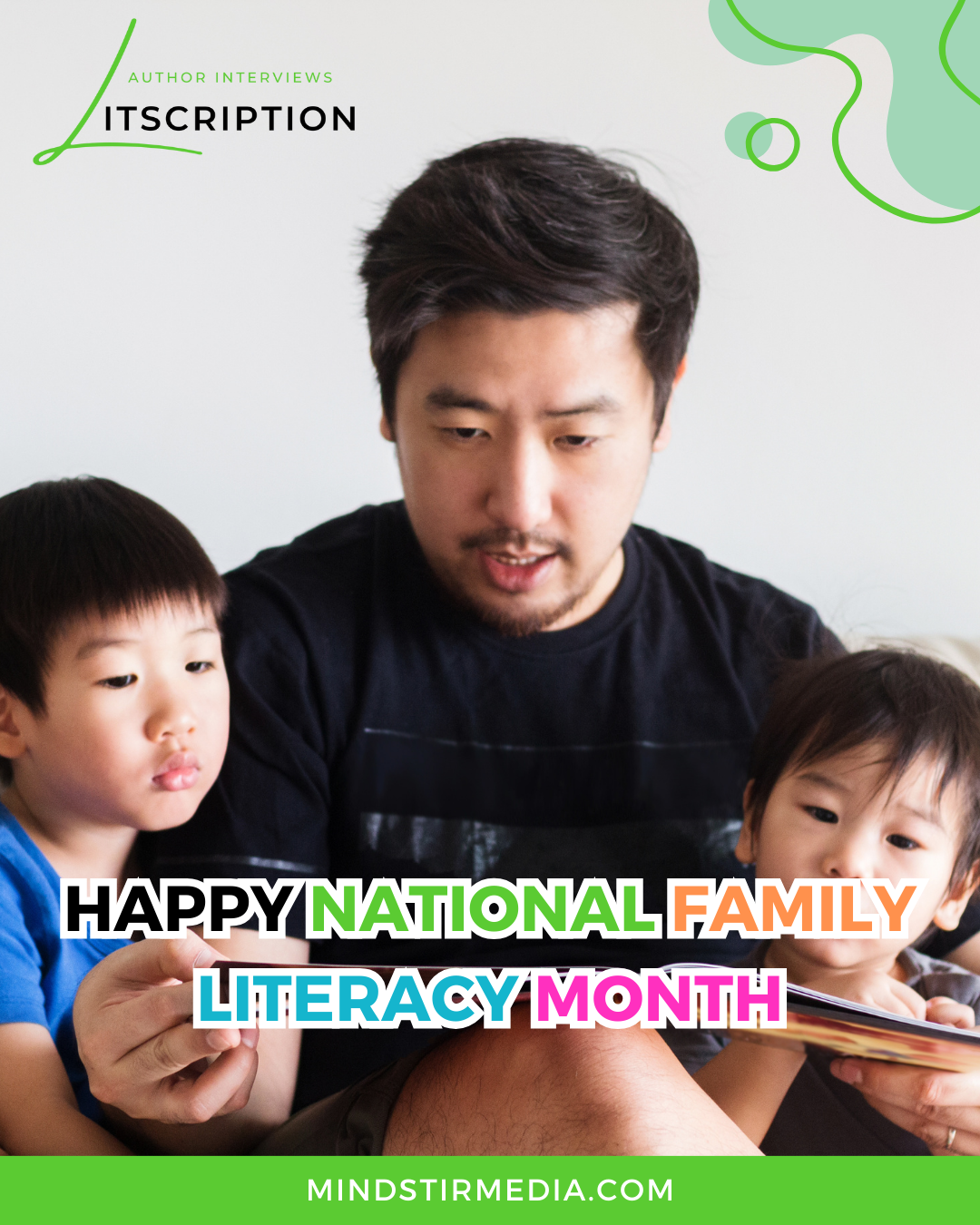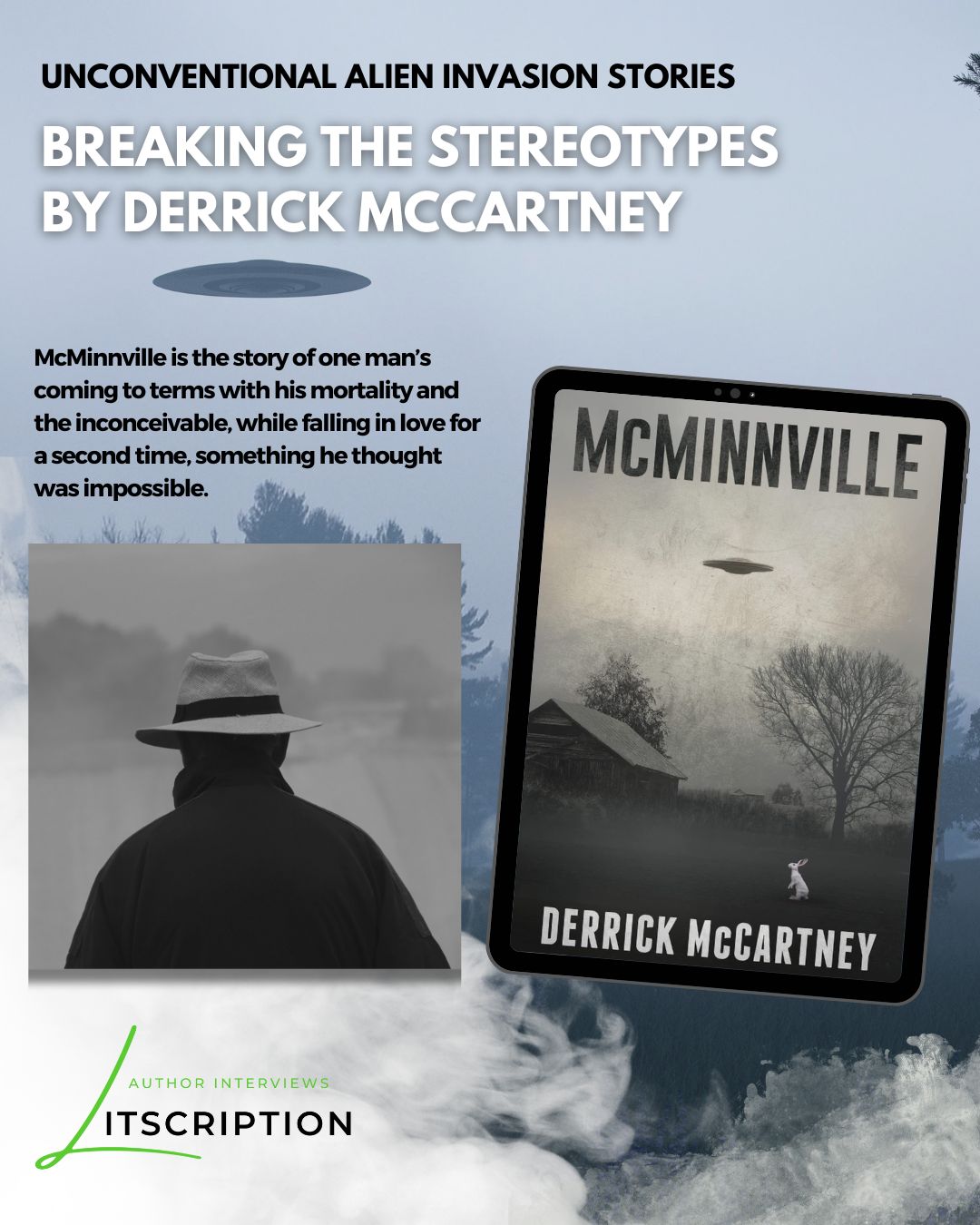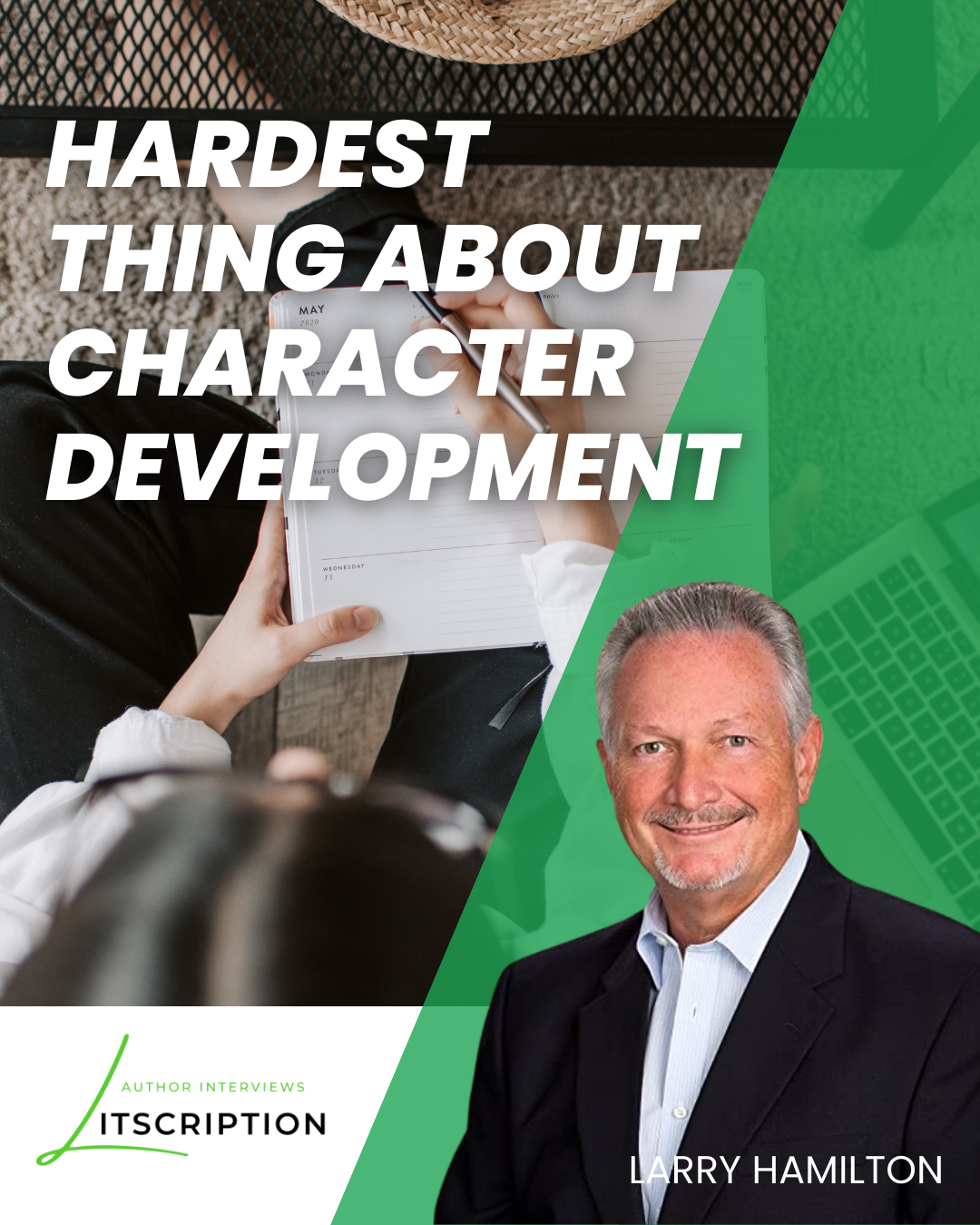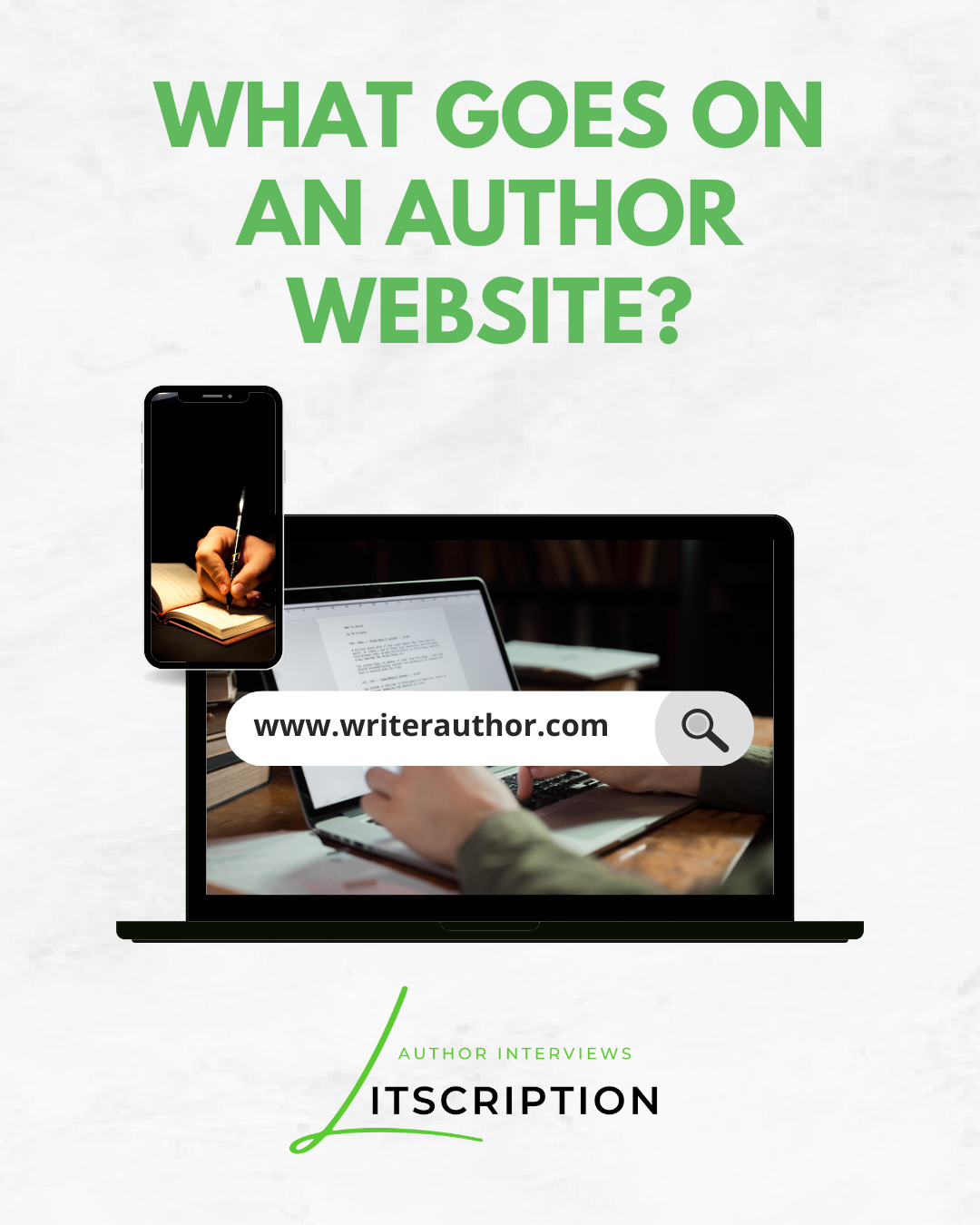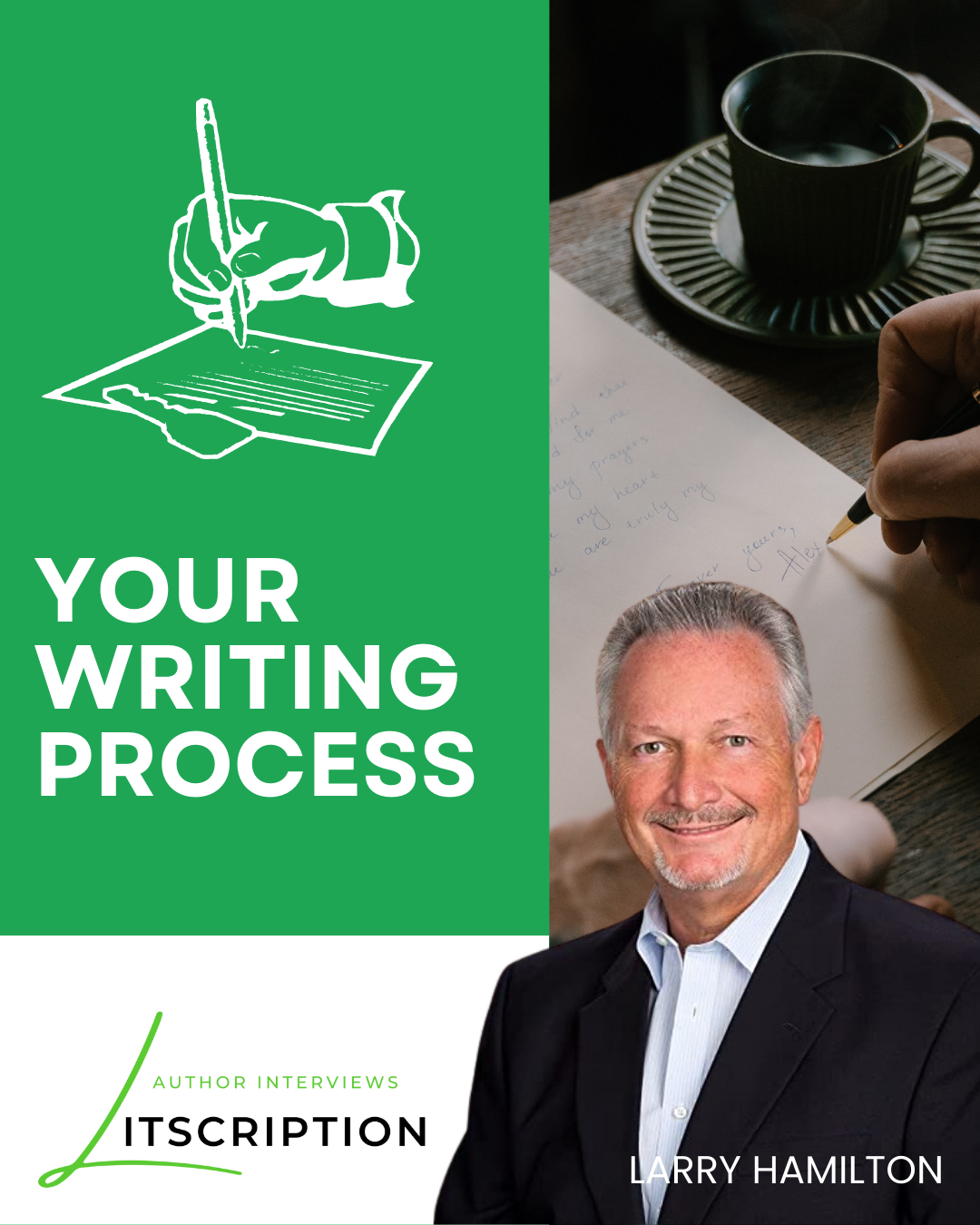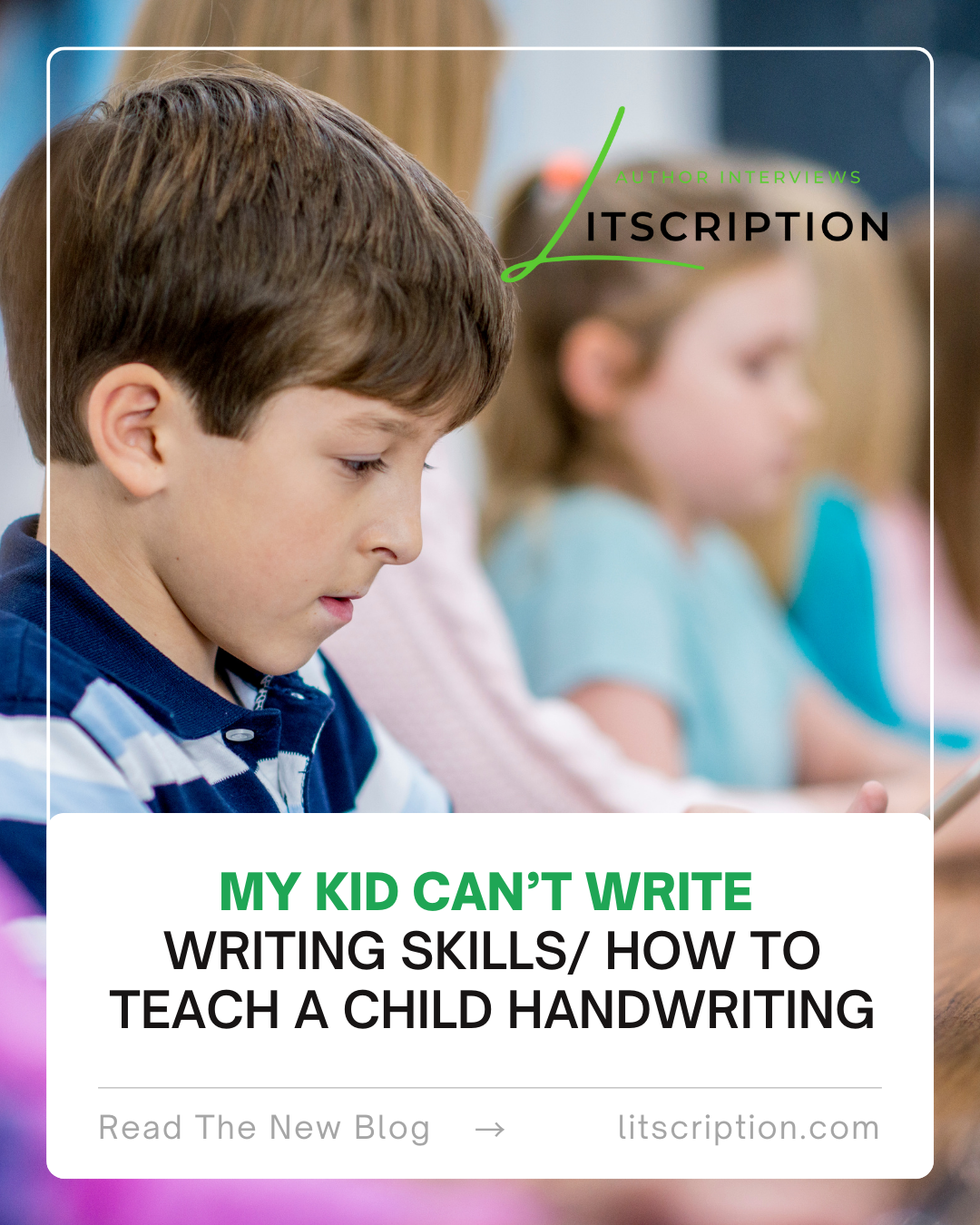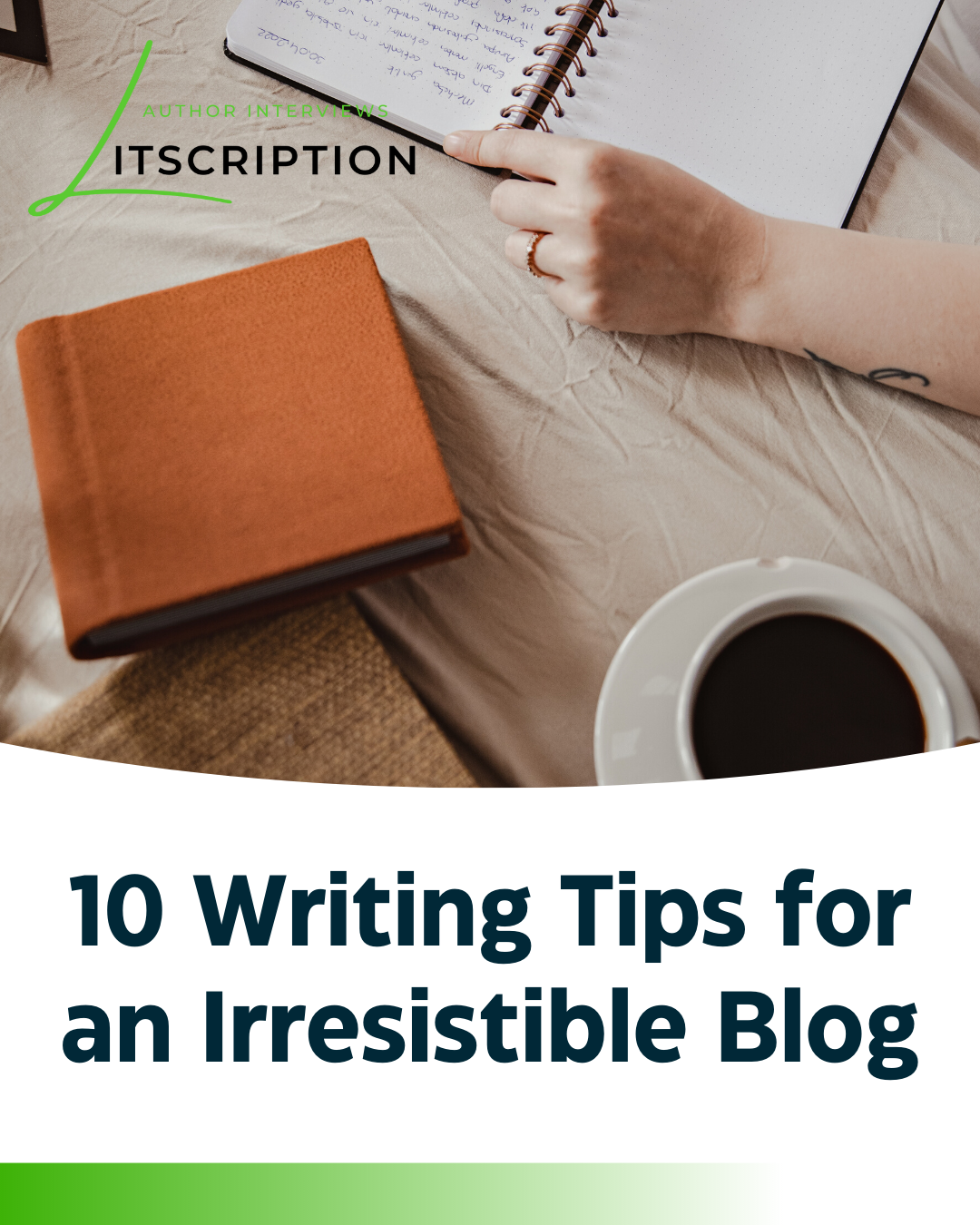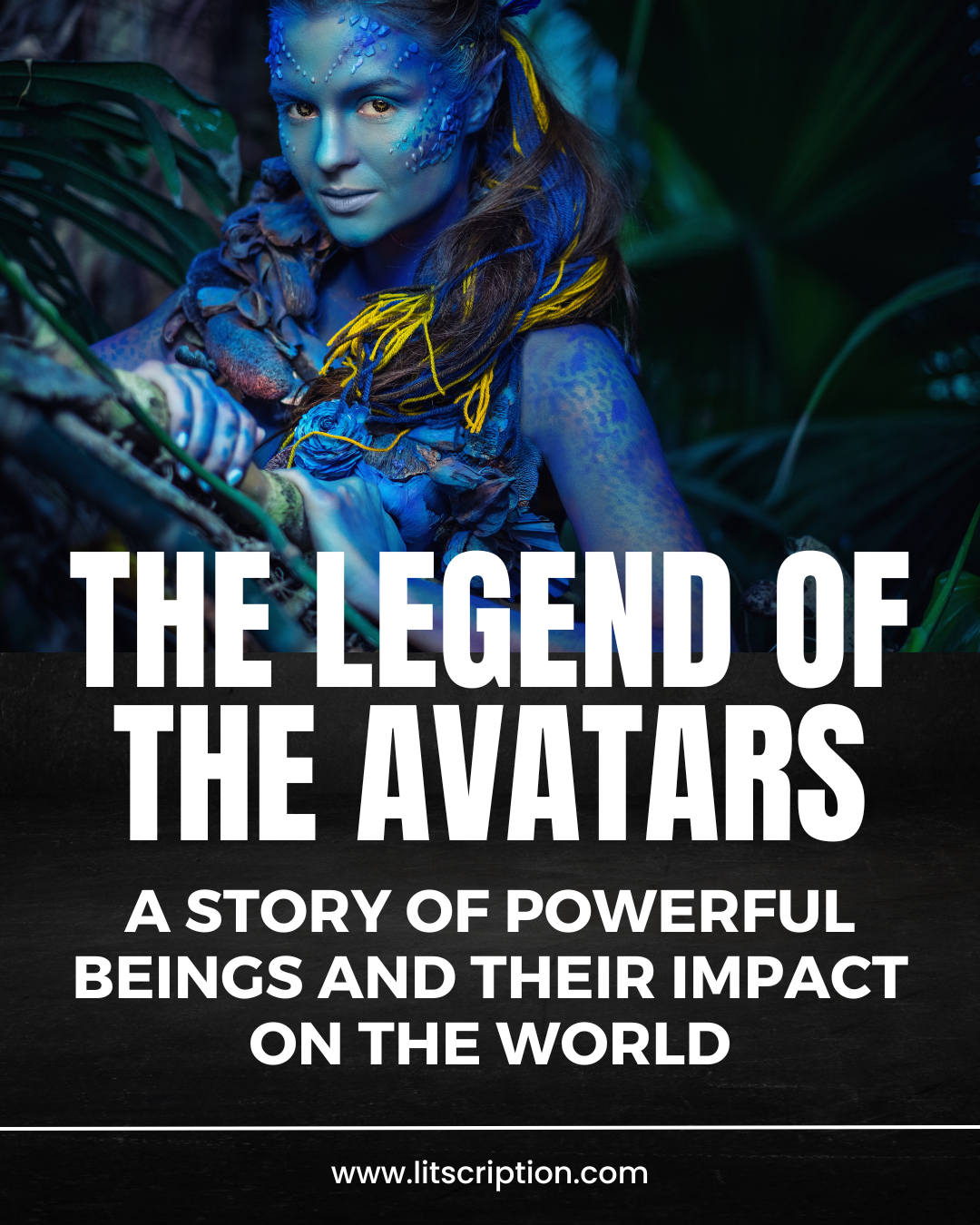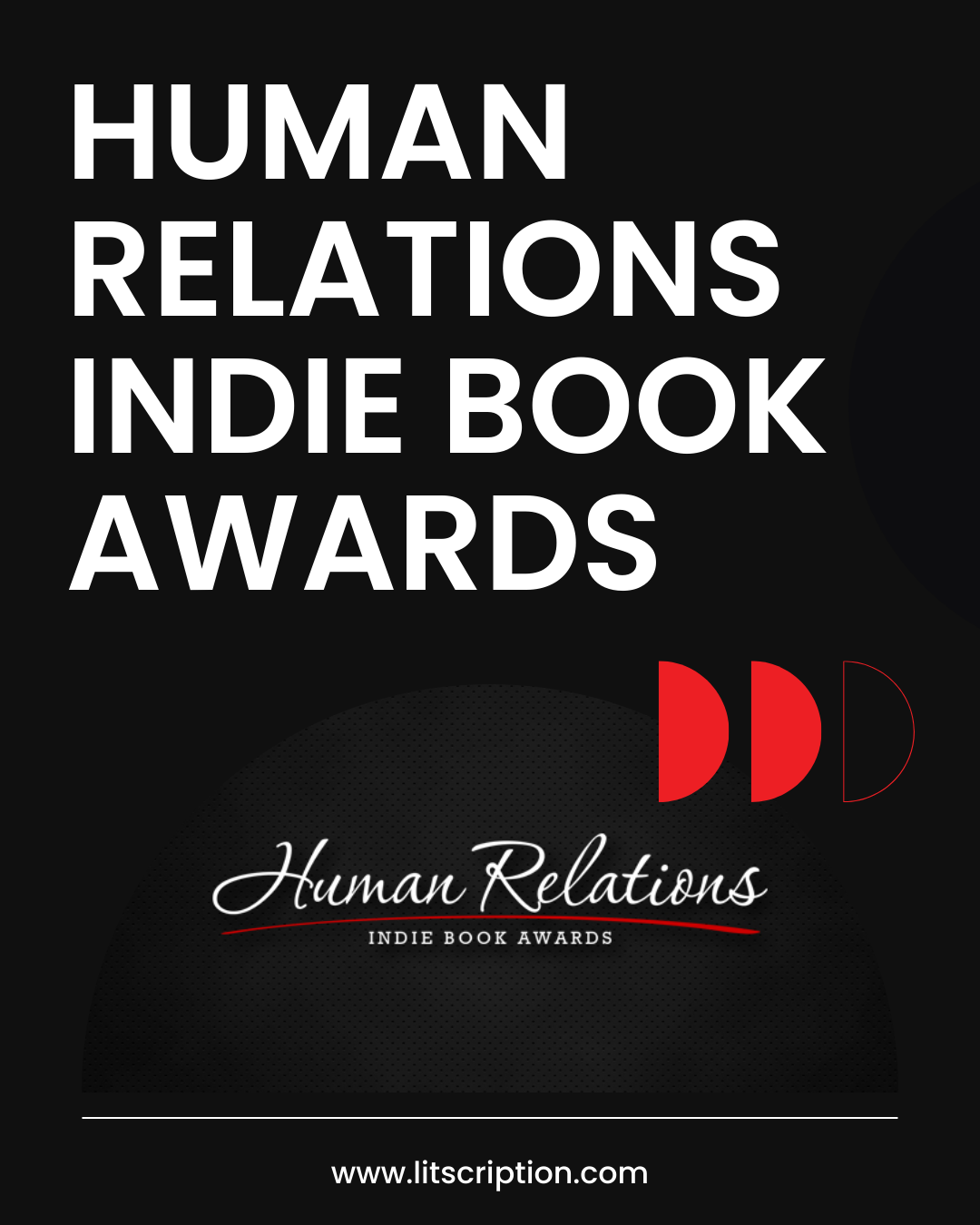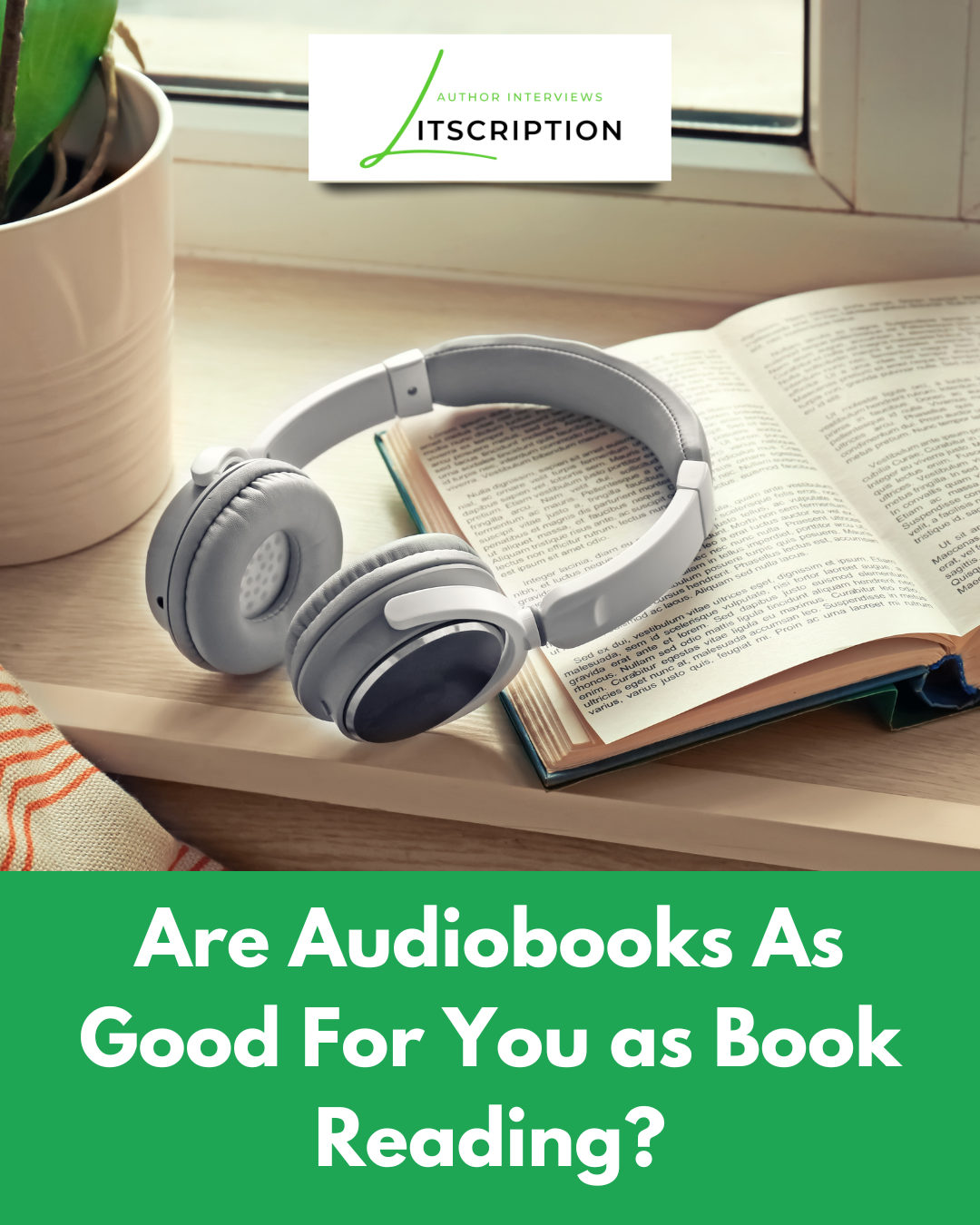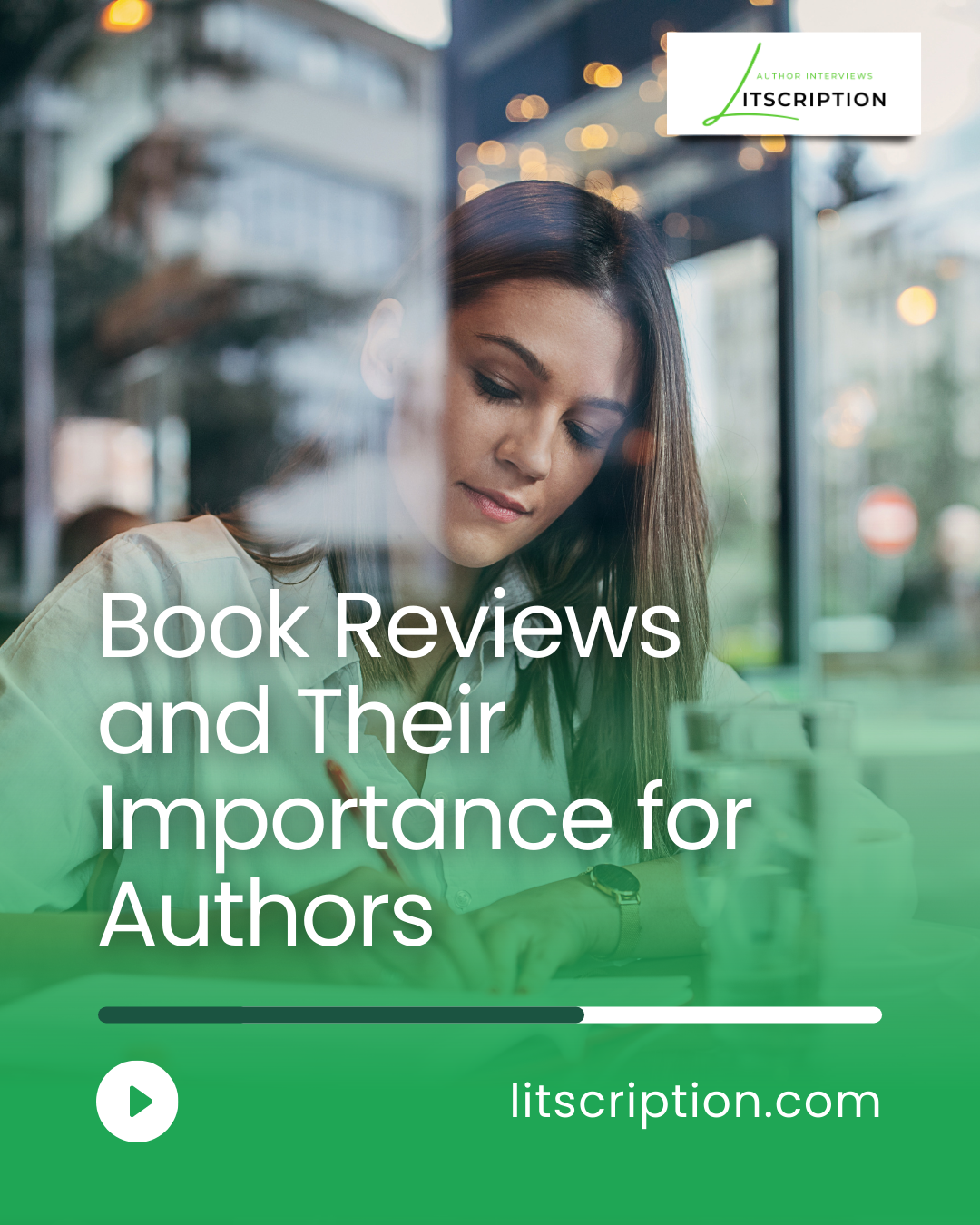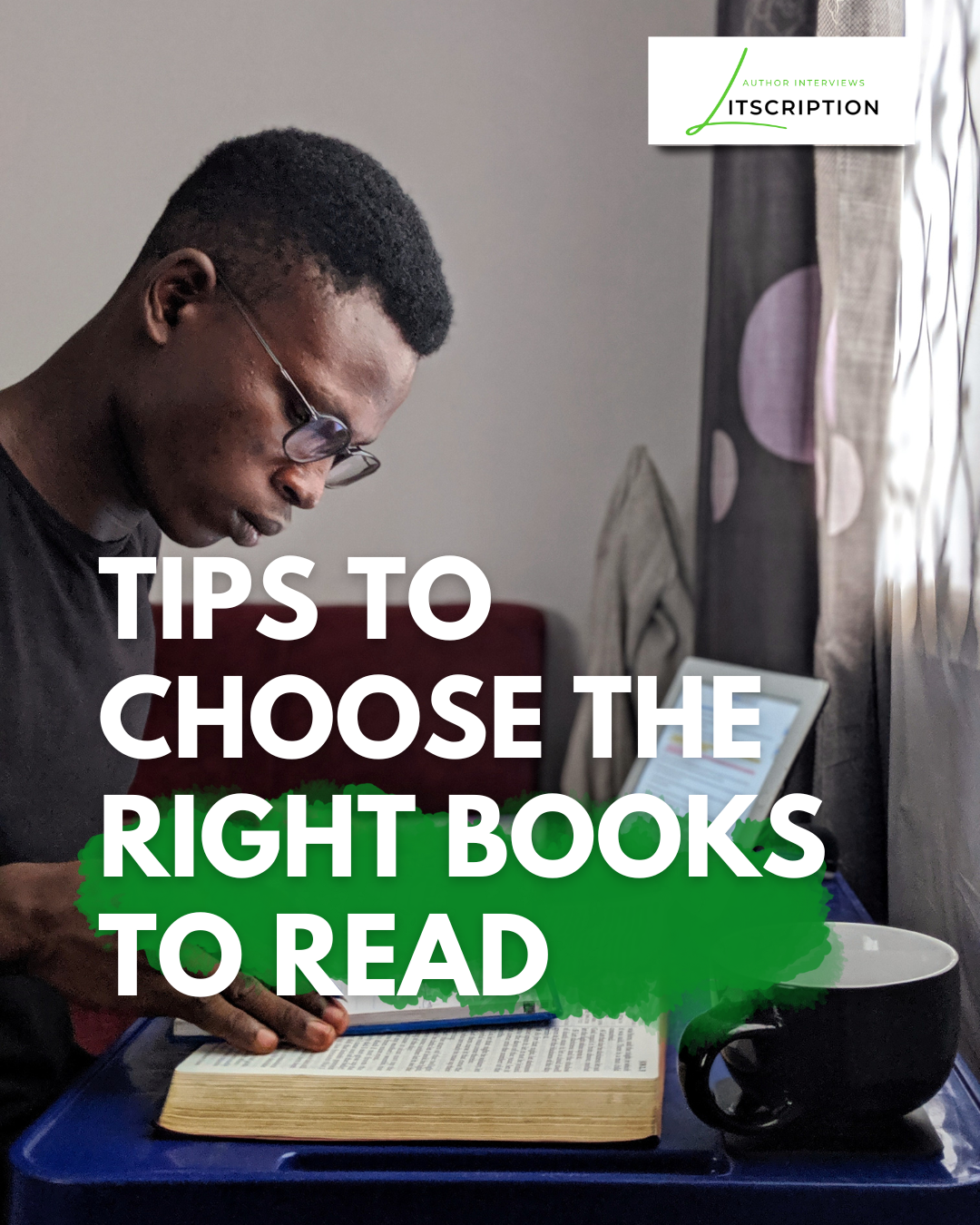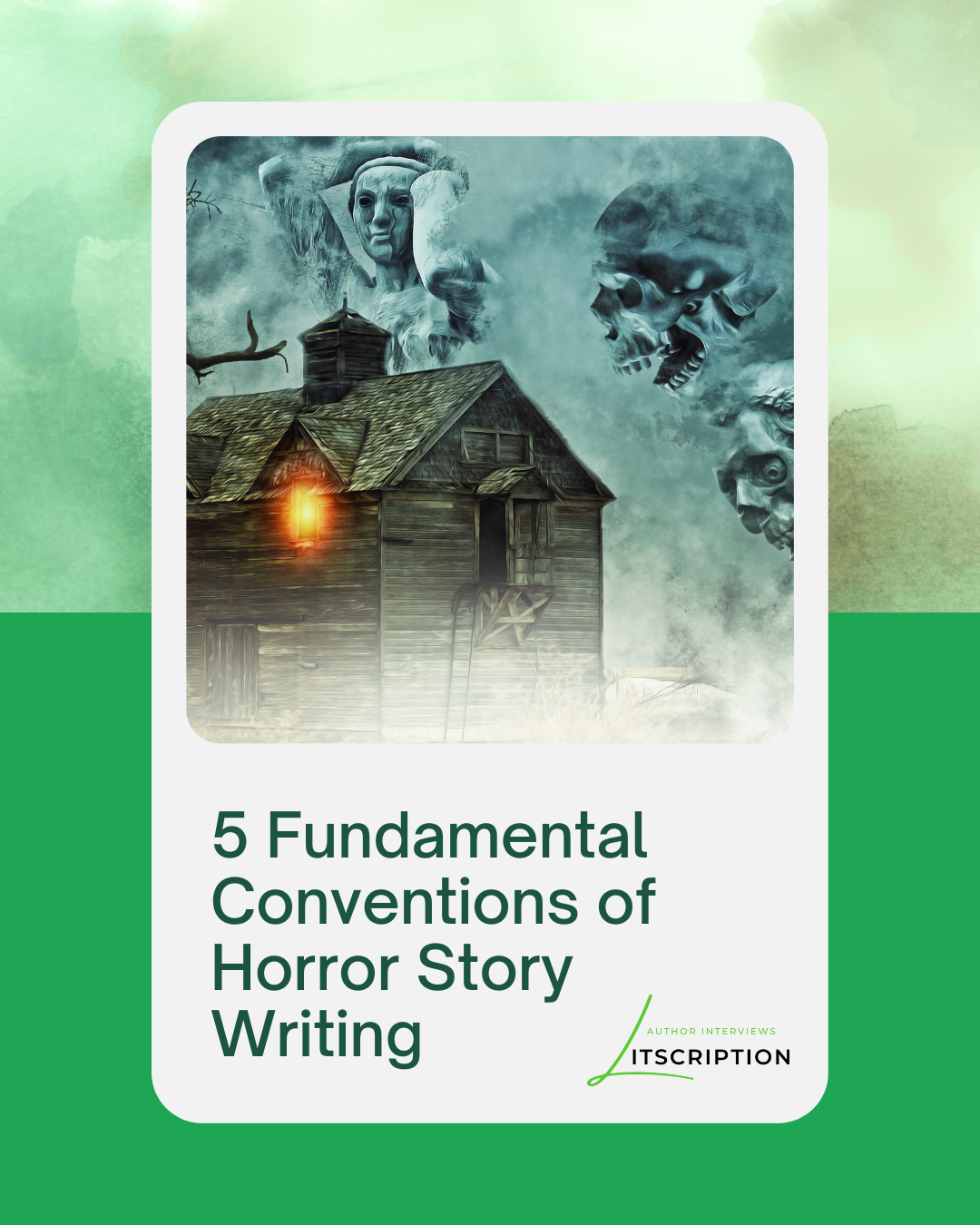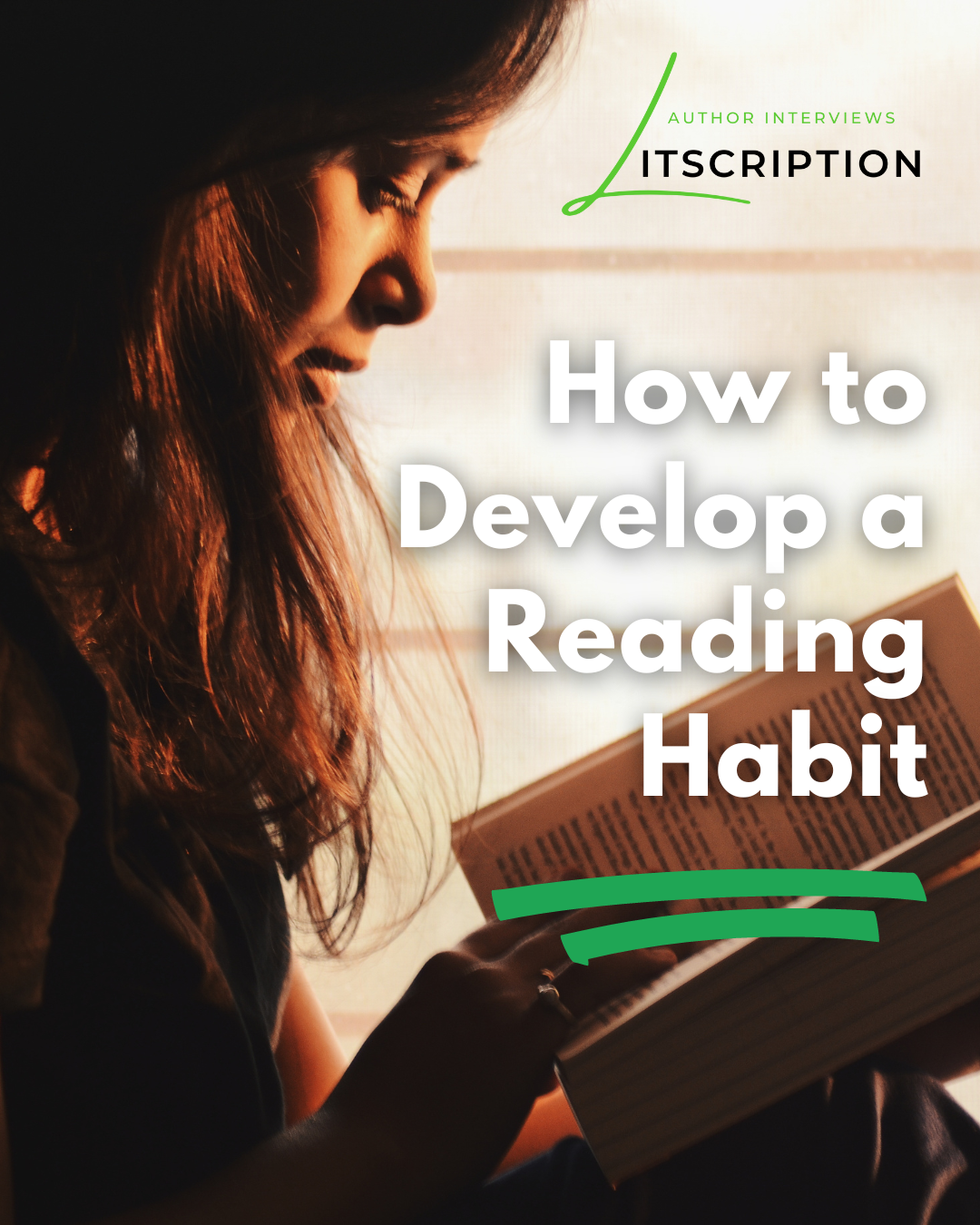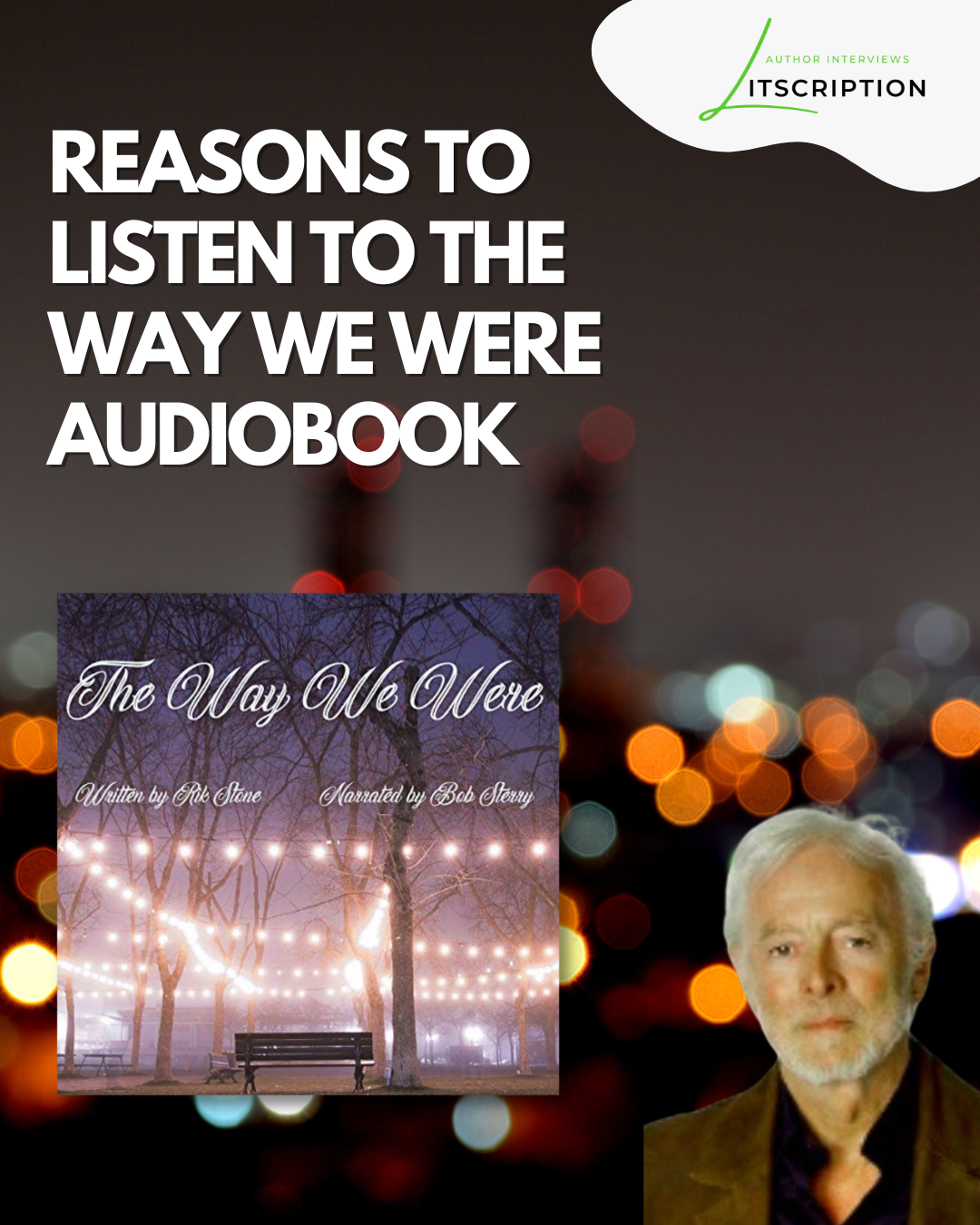Narrator Interview with Anthony Lee
- How did you wind up narrating audiobooks? Was it always your goal or was it something you stumbled into by chance?
My story is probably not the typical audiobook narrator story. I am not someone who had listened to audiobooks for years, admired certain narrators, and then aspired to be an audiobook narrator like those idolized voices. If anything, I stumbled into it by chance.
When I first decided to try out voice acting, I told myself from the beginning that I would specialize in narration because I could read technical material out loud fairly clearly. When I started taking some voice over classes at Voice One in San Francisco, I expanded my interest to commercial and character voice over, but I still avoided audiobooks because of the amount of time and effort involved. All of that changed when, just out of curiosity, I took one of Voice One’s audiobook classes, led by audiobook narrator Amy Rubinate.
What happened was that each of us in the class was given a random excerpt to read out loud. I was given a passage from a story that sounded like it was a Western. It was a bit intimidating at first, but I was surprised to see how fun it was to provide a narrator voice and the voice of a man and a woman with subtle cowboy accents. Amy also gave feedback for each student about which genre would he or she be most suited for. You know what Amy told me? She said she couldn’t decide which genre was best for me, but she recommended that I definitely do fiction. That’s when I discovered that (a) I CAN be an audiobook narrator, and (b) I may be versatile at it.
- Did you find it difficult to “break into” audiobook narration? What skill/tool helped you the most when getting started?
- A lot of narrators seem to have a background in theatre. Is that something you think is essential to a successful narration career?
- What type of training have you undergone?
- How do you manage to avoid burn-out? What do you do to maintain your enthusiasm for narrating?
Easy. I just take a one- or two-day break from it, which is enough for me to recharge my batteries. During the break, I may watch a movie, which is something I love to do because it’s another fun way to experience a story. If the movie is good, it reminds me that the audiobook I am narrating ought to be done well, too, and that gets me motivated again.
- Are you an audiobook listener? What about the audiobook format appeals to you?
- What are your favorite and least favorite parts of narrating an audiobook?
My favorite part of narrating the audiobook is the recording itself. It’s when I am deeply invested in the words and the story being told. It’s also when I am taking on the roles of the various characters and bringing them to life. Recording always gets me feeling that I am in the zone, so to speak.
As for my least favorite part of the job, it’s extensive editing. It’s not that I dislike every single moment of listening back, deleting outtakes, and ensuring the right interval length between sentences and phrases. What I dislike are the moments where I have to do extra work to fix one thing. This typically happens when, despite my best efforts, I still misread or mispronounce a word, or the word’s enunciation sounds unclear and jumbled. In such cases, re-recording becomes an irritating but necessary chore.
- What would you say are your strongest narration abilities?
I can think of two off the top of my head.
One is that I feel I read at the right pace. So far, I have not received a single complaint about me reading too fast, which is nice. I also have not gotten feedback about reading too slowly, which I attribute to my dislike of long awkward periods of silence. Also, whenever I read a book, I imagine a movie of the book playing in my head. I like to read a book at a pace similar to that of a movie so that it keeps moving along at just the right speed.
The other is my ability to voice different characters and keeping them consistent and distinct. I do find it hard to know which character is speaking if no effort is made to distinguish the voices, especially when the dialogue has no “he said” or “she said” tags. Plus, doing different voices is more exciting than doing one voice all the way through.
- Is there a particular genre you feel unsuited for? Have you ever declined a project because you didn’t think you were right for it?
- What about this title compelled you to audition as narrator?
As an Asian-American audiobook narrator, I am especially on the lookout for books about Asian characters written by Asian authors, because such books are relatively less common. When I came across A Temple of Forgotten Spirits and saw “Jack Hong” in its subtitle, I knew I had to take a closer look. Then, when I saw that William F. Wu is an author who had been nominated multiple times for sci-fi writing awards such as the Hugo and the Nebula, I definitely felt the need to audition. And now, months later, here I am with the audiobook completed.
- How closely do you prefer to work with authors?
- Who are your “accent inspirations”?
- How did you decide how each character should sound in this title?
With any book, the first step I take to decide how each character is voiced is to review the text for descriptions that would determine the voice, such as gender, age, physical characteristics, and geographic location. Those are the boundaries that I would have to stay in. After that, then it’s fair game as to what other vocal characteristics I lay on top. Fortunately, there are plenty of options for vocal pitch, quality, and tempo I could choose from. That helps in producing vocal diversity, too.
That said, Jack Hong’s voice was a no-brainer. I simply used my own normal voice, because he and I are both young Asian guys.
- What types of things are harmful to your voice?
- Has anyone ever recognized you from your voice?
- Have there been any characters that you really connected with?
- If you had the power to time travel, would you use it? If yes, when and where would you go?
- How does audiobook narration differ from other types of voiceover work you’ve done?
- Do you read reviews for your audiobooks?
I read all reviews of my audiobooks, positive and negative. The positive ones are certainly rewarding and keep me inspired. The negative ones do sting, but I still read them and use them as a guide to work on my craft.
I also recognize now that reviews are subjective. An audiobook that the majority of listeners dislike may still have people who love it. Likewise, an audiobook that receives the Audie Award for Audiobook of the Year can still have people who rate it one star out of five on Audible. Hence, my philosophy is to take everything with a grain of salt, but take it all nonetheless.
- If so, which ones stand out to you most, positive or negative?
- What type of the review comments do you find most constructive?
- Who is your “dream author” that you would like to record for?
- If you could narrate one book from your youth what would it be and why?
- What do you say to those who view listening to audiobooks as “cheating” or as inferior to “real reading”?
I wouldn’t put any shame on audiobook listening. It’s simply another way to take in the text from a book.
When you read a book yourself, you have to look at the printed words, understand the tone that would go with it, process it all, and repeat. Sometimes a book is hard to read because of the print size, or because of the difficulty in determining the underlying emotional message in the words. Also, coming across a word you don’t know the pronunciation of can already interrupt the flow of reading.
By listening to audiobook, you are bypassing those difficulties and letting someone else take on those challenges for you, while still taking in the full text yourself, which is the same end result of reading a book yourself. What I would consider inferior to reading would be resorting to a summary of the book as a substitute for the full text of the original book.
- What bits of advice would you give to aspiring audiobook narrators?
- What’s next for you?
I would love to continue doing audiobooks, while gaining more name recognition. So far, my biggest achievement is getting an audiobook reviewed in AudioFile magazine. I had submitted one of my previous audiobooks, a political thriller called The Repatriation of Henry Chin written by Asian-American author Isaac Ho, to AudioFile, and I was so amazed that they even agreed to review it, let alone review it positively. Knowing I could achieve something like this, my next goal is a challenging but inspiring one: having an audiobook win an award like an Audie, or at least be a finalist for one.
Other than that, I would eventually like to be a voice actor who can do commercials and work in video games, animation, or the like, in addition to what I do as a narrator, for audiobooks and elsewhere. That will take years, but I love the idea.
- Bonus question: Any funny anecdotes from inside the recording studio?
A Temple of Forgotten Spirits does contain some moments of humor. A few of them were so funny to me that I was laughing out loud while recording. But instead of waiting to stop laughing before reading the funny line, I read the funny line while still trying hard to stifle the laughter. So if you hear a humorous line in the audiobook where I, as the voice Jack Hong, am laughing as I am saying it, you now know why.
